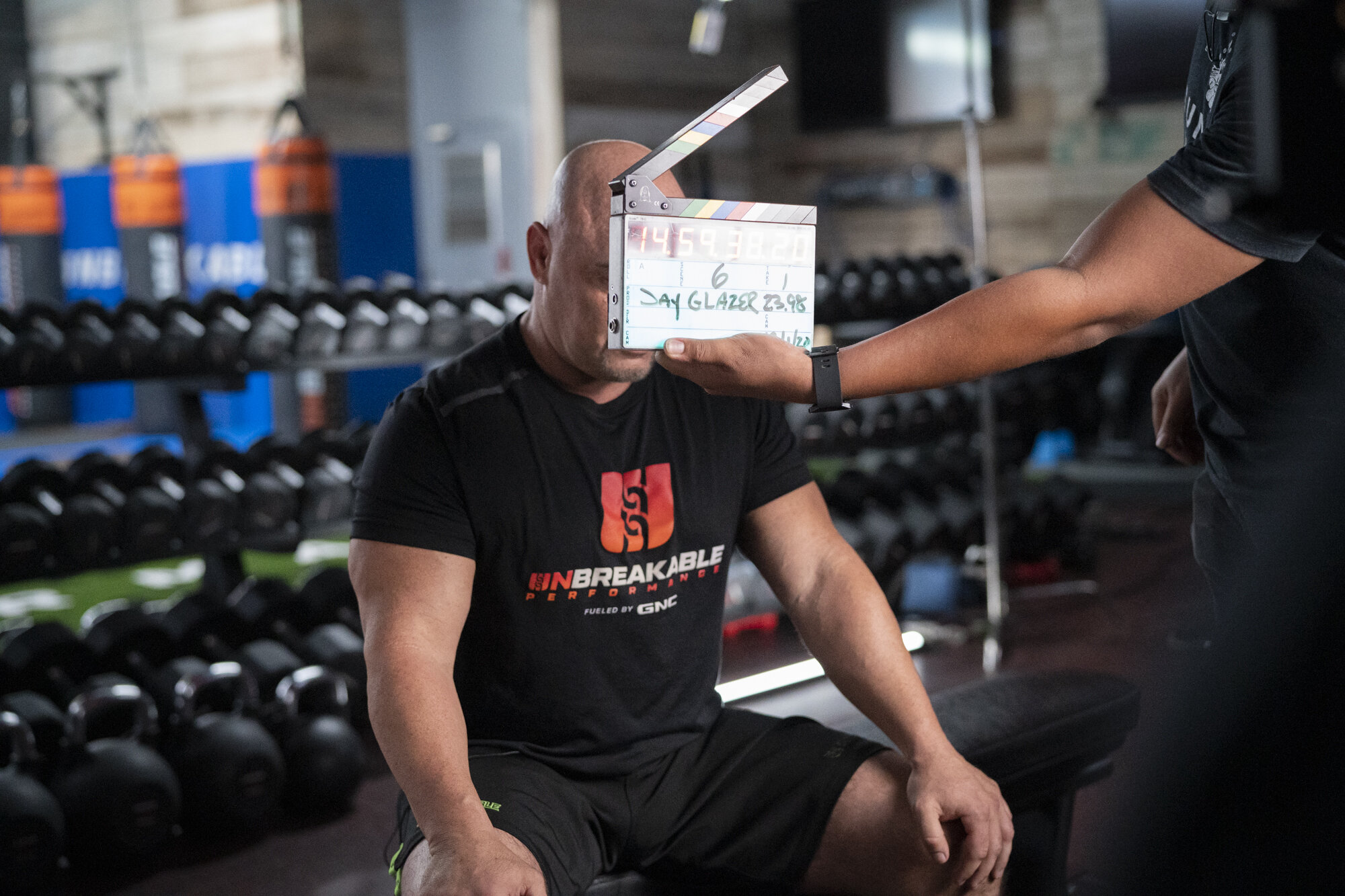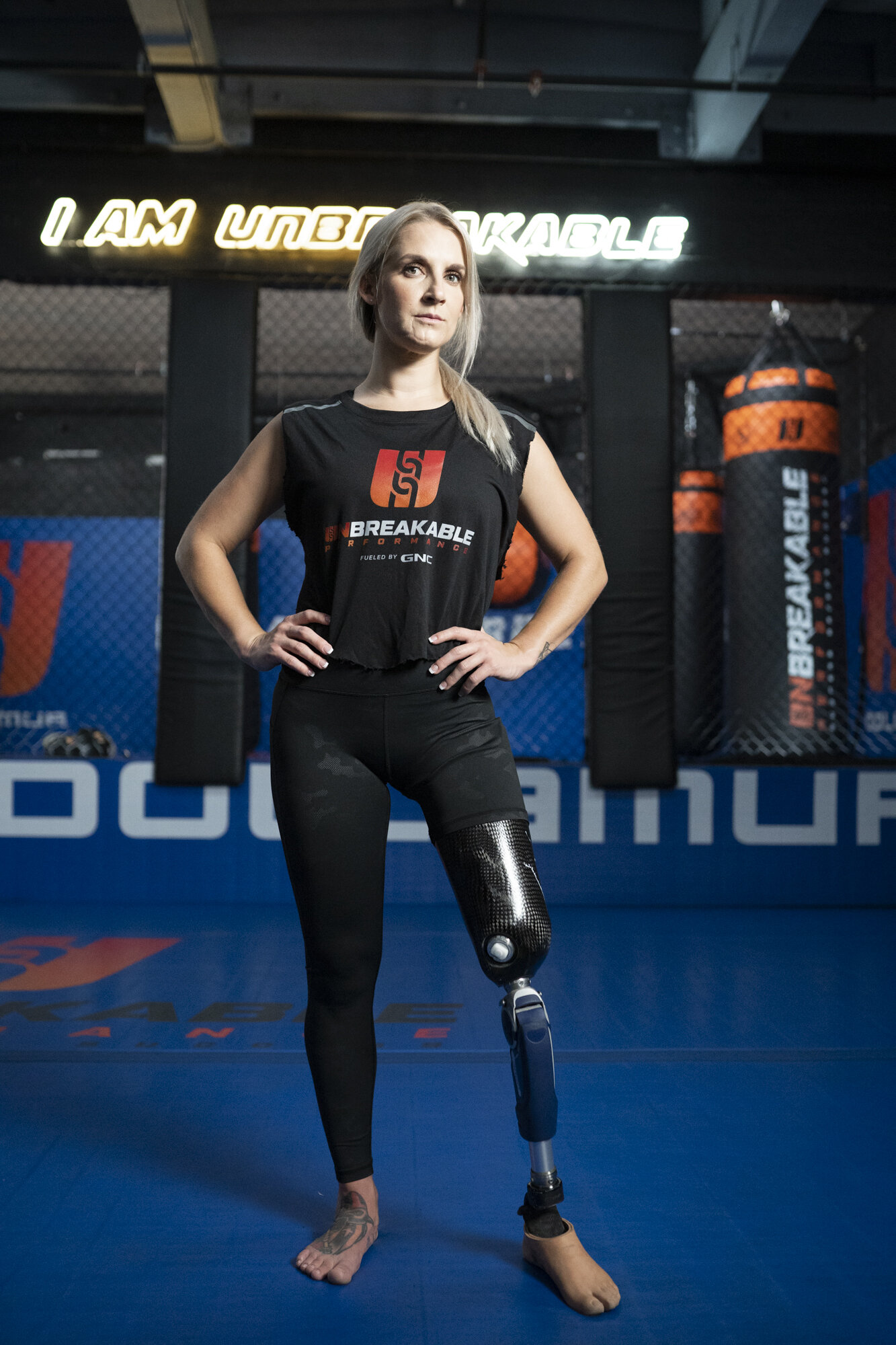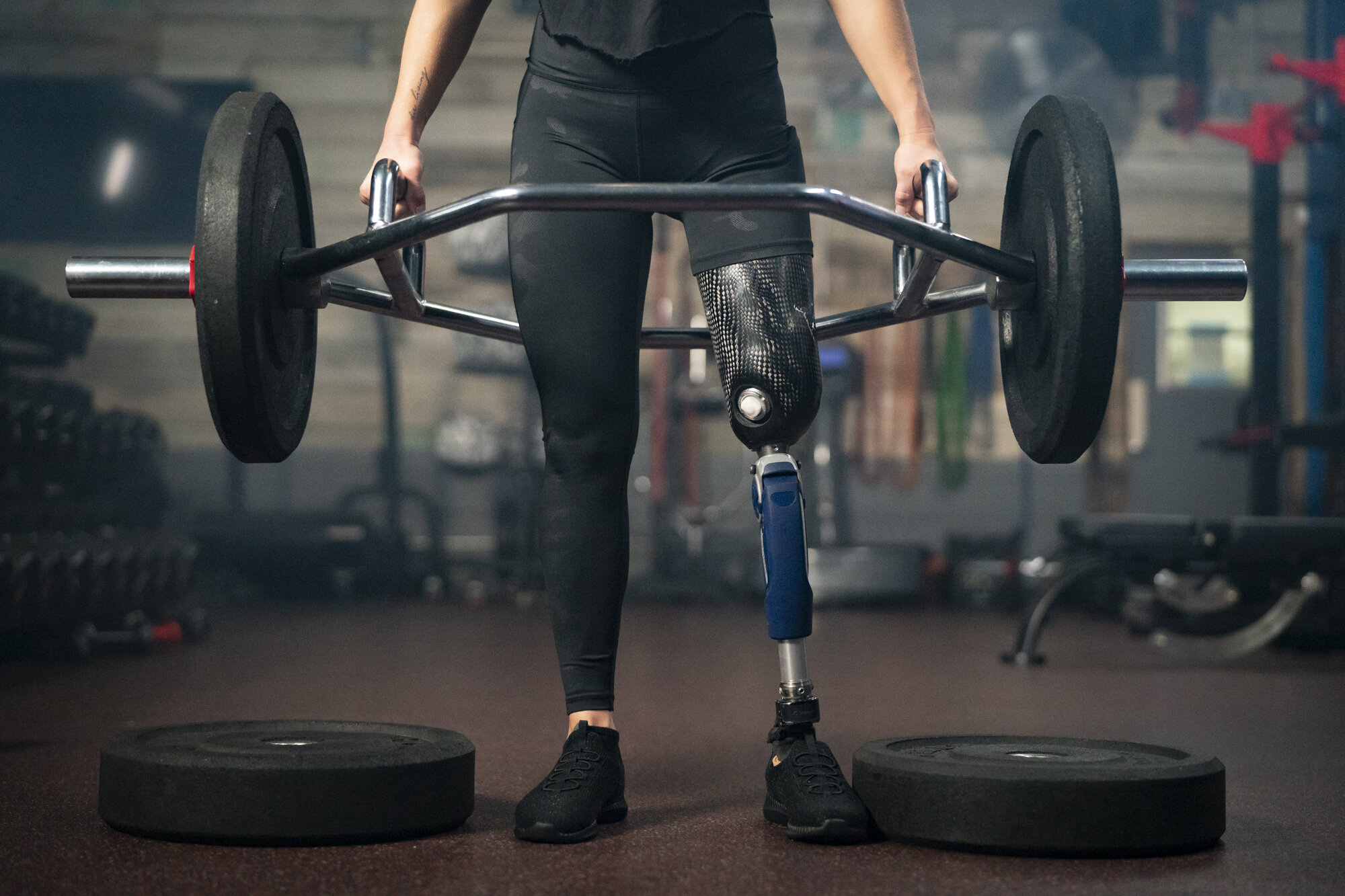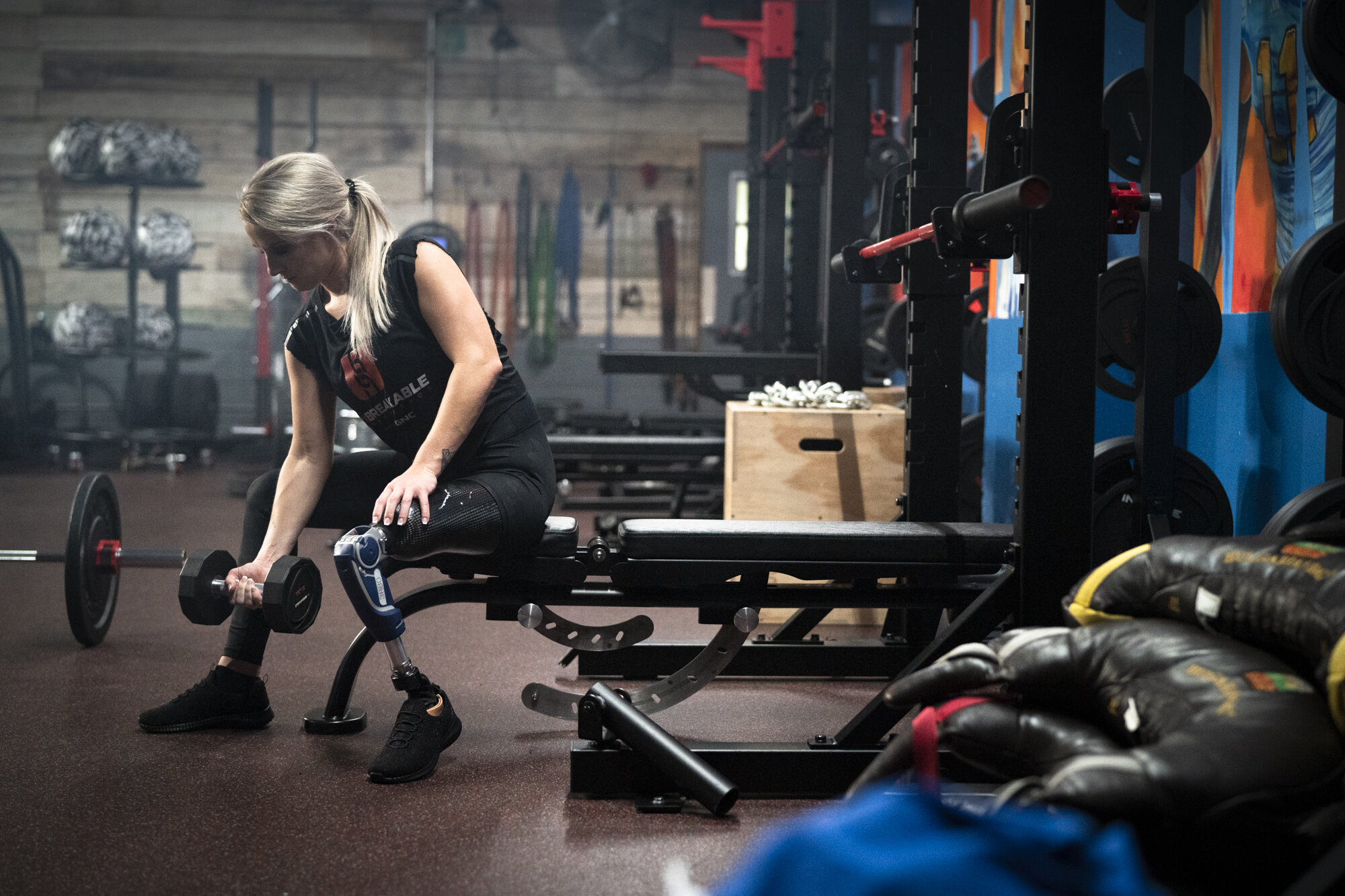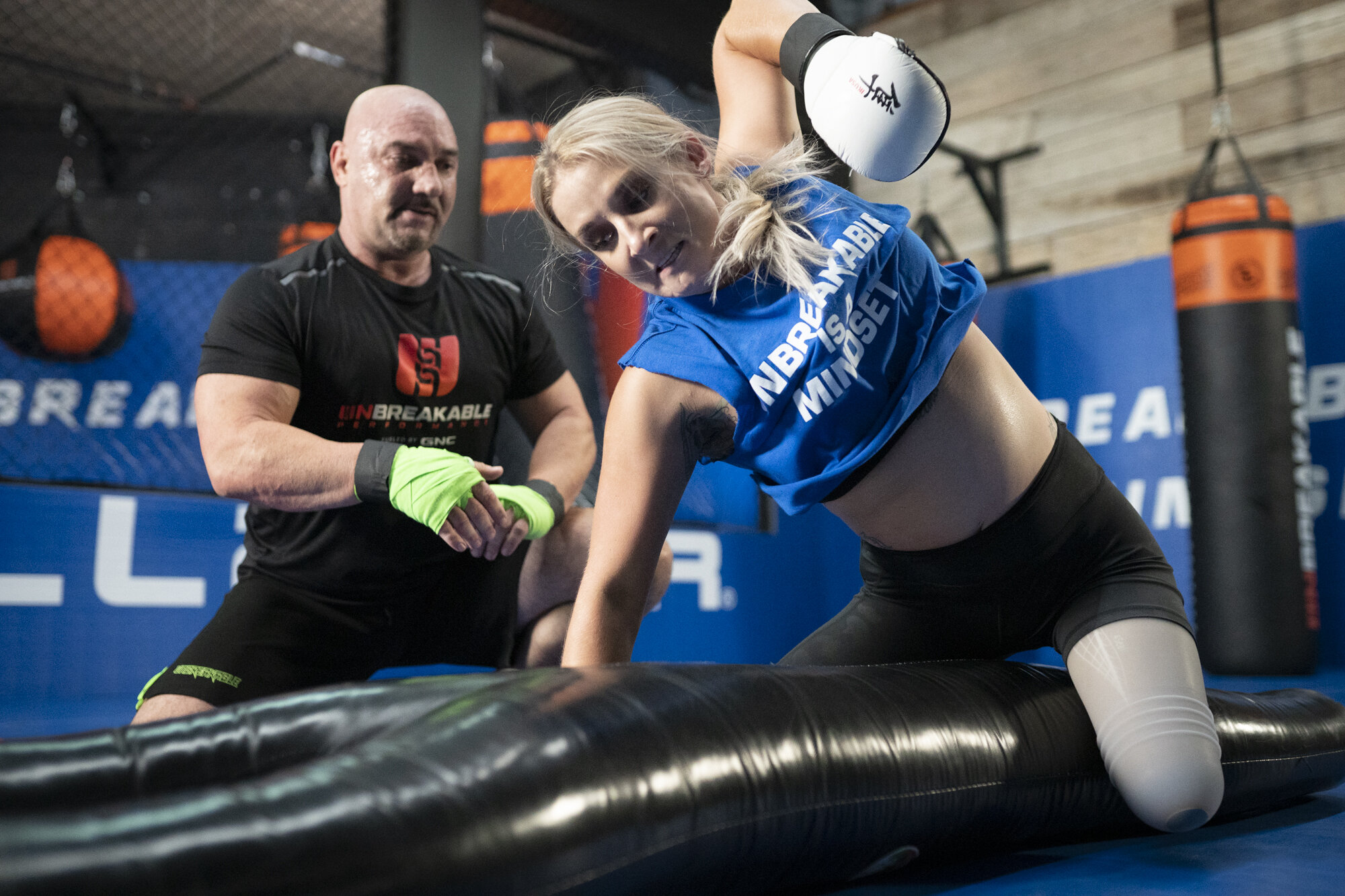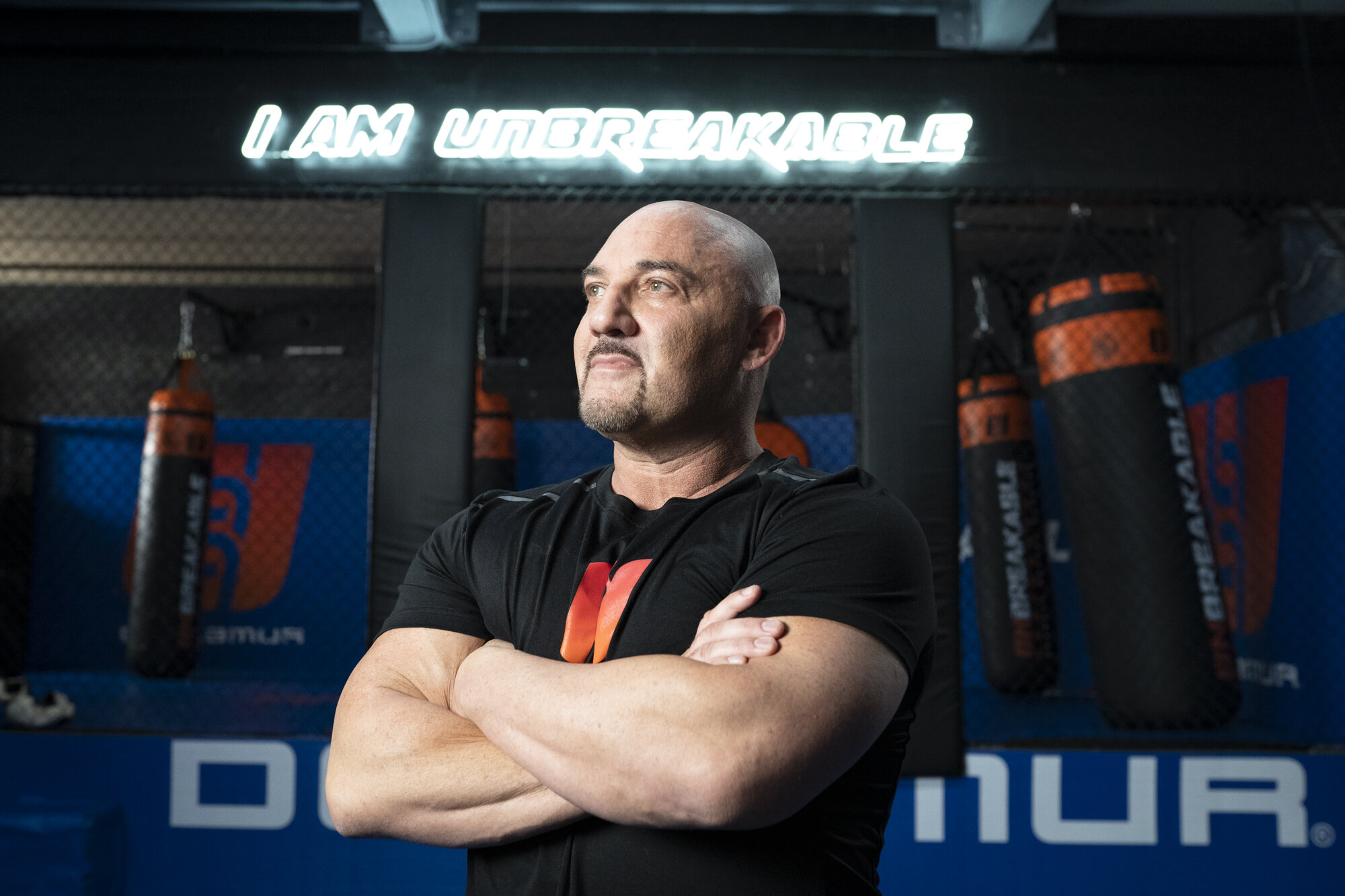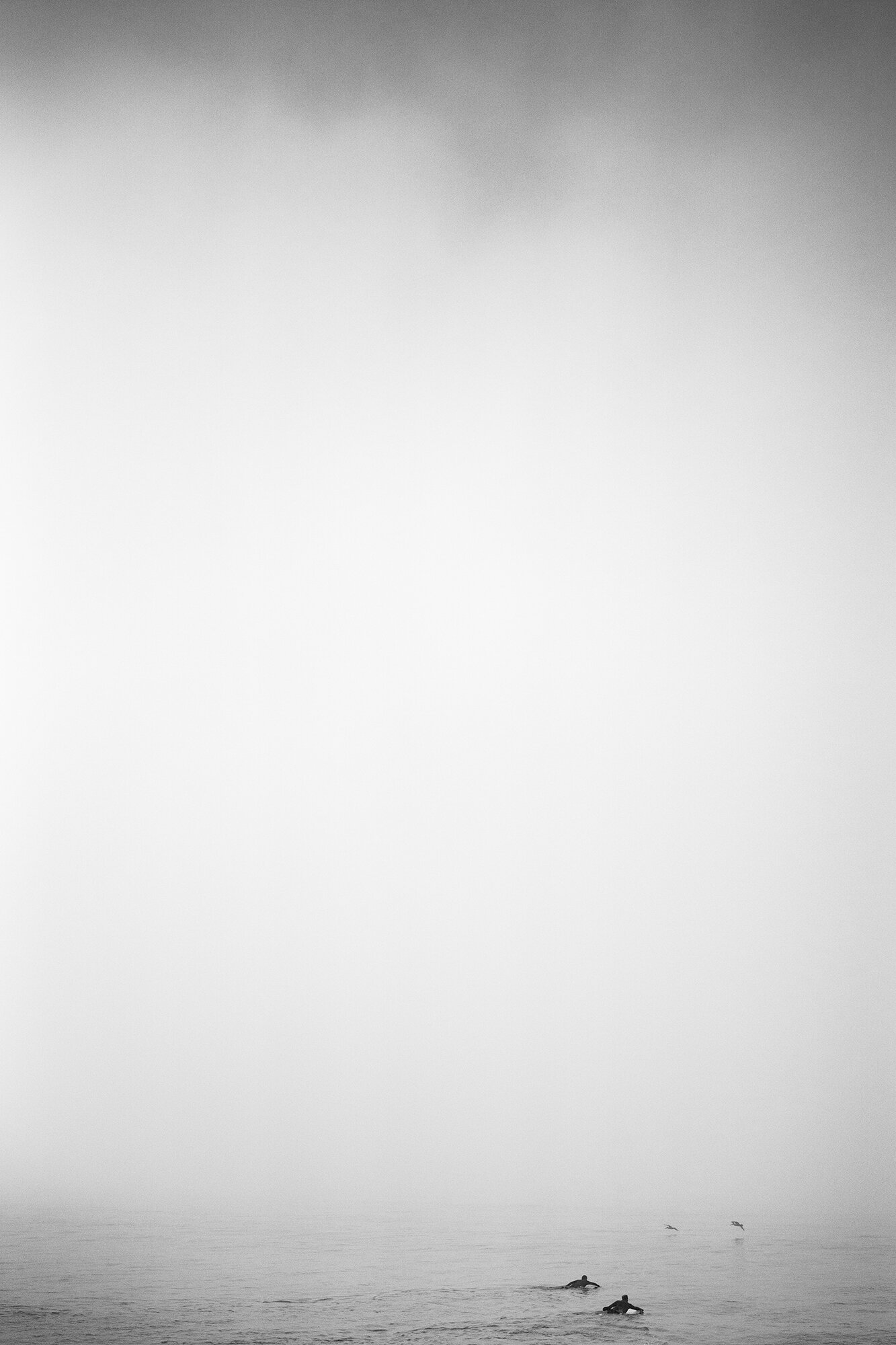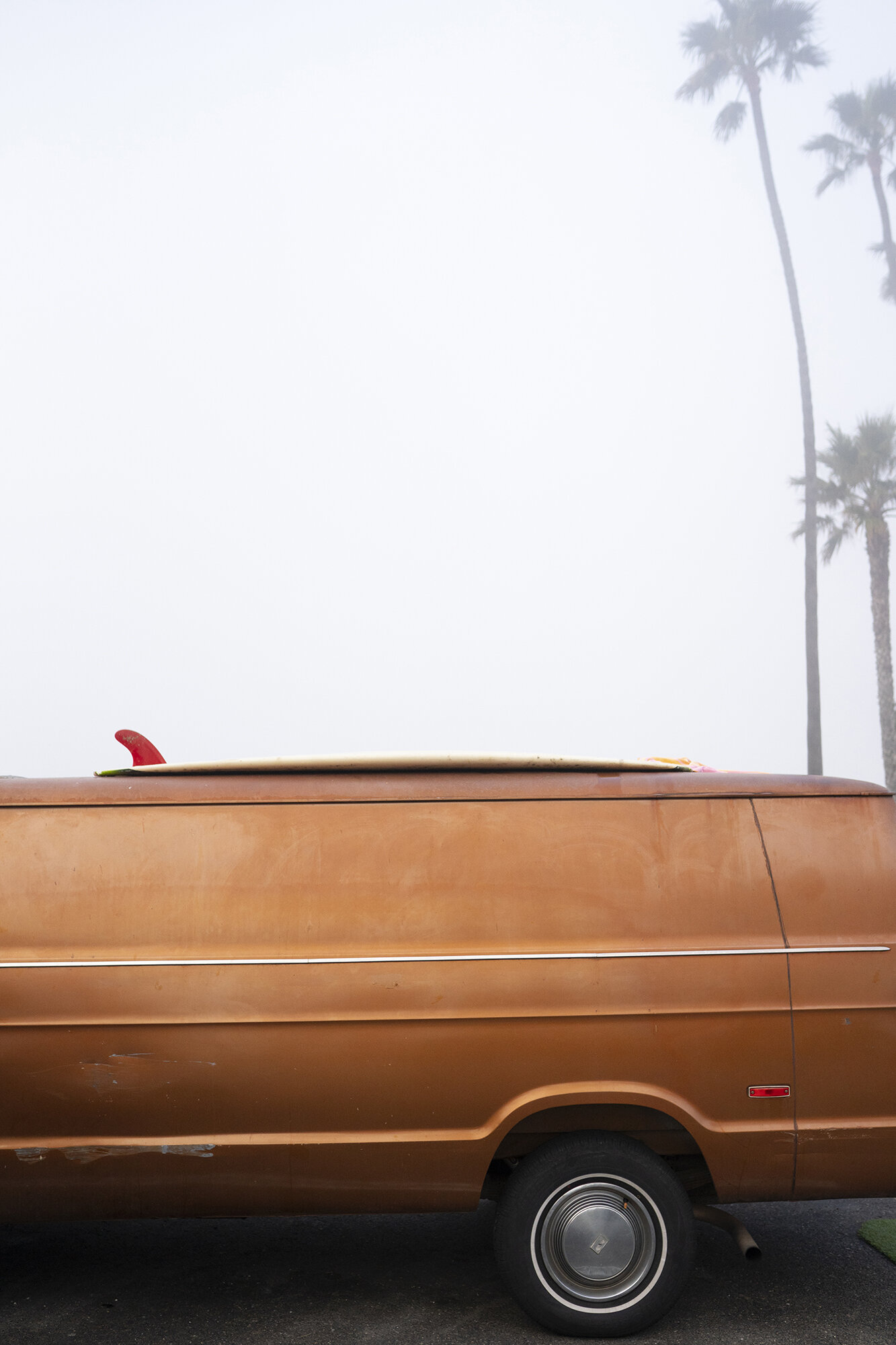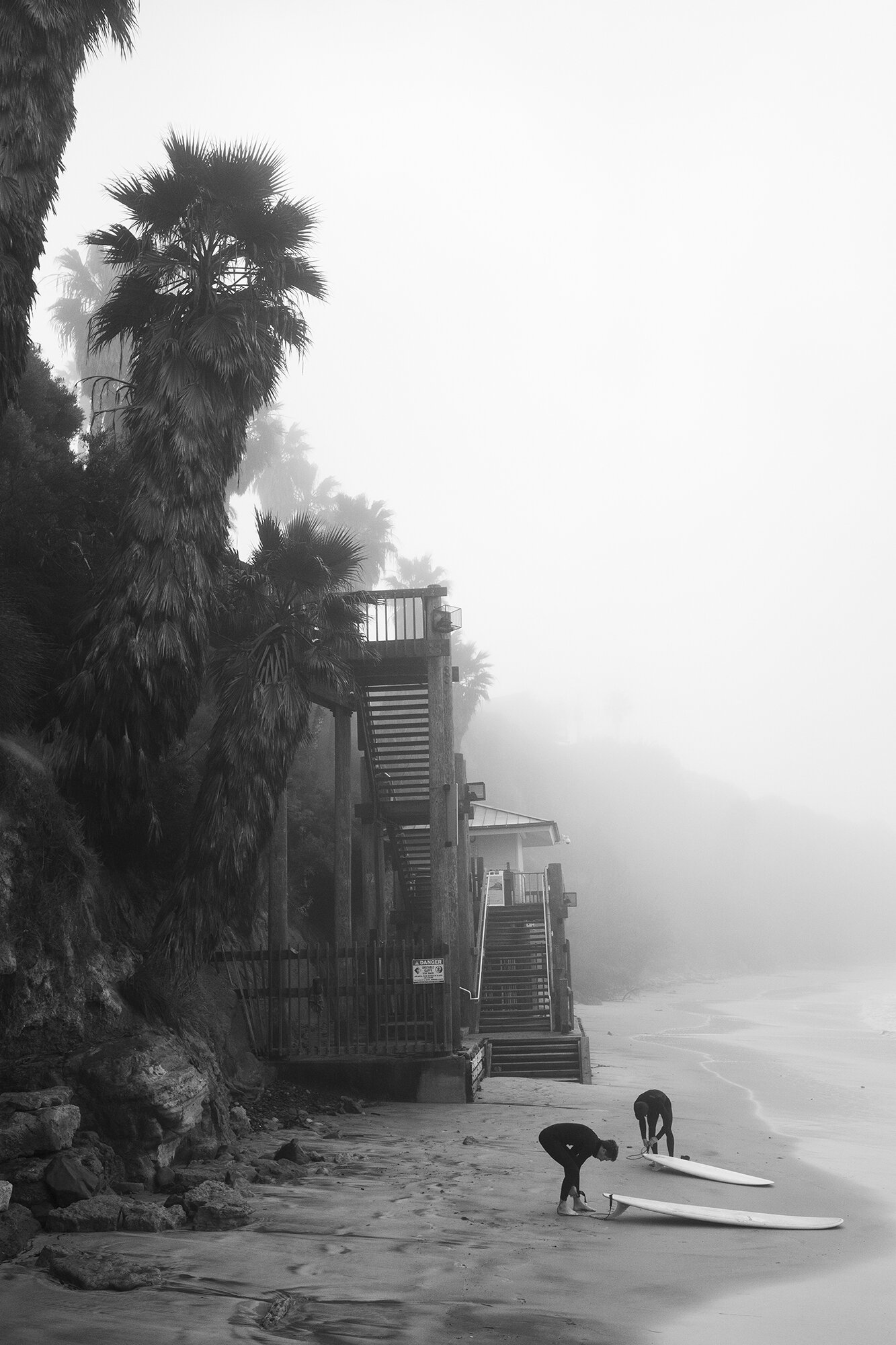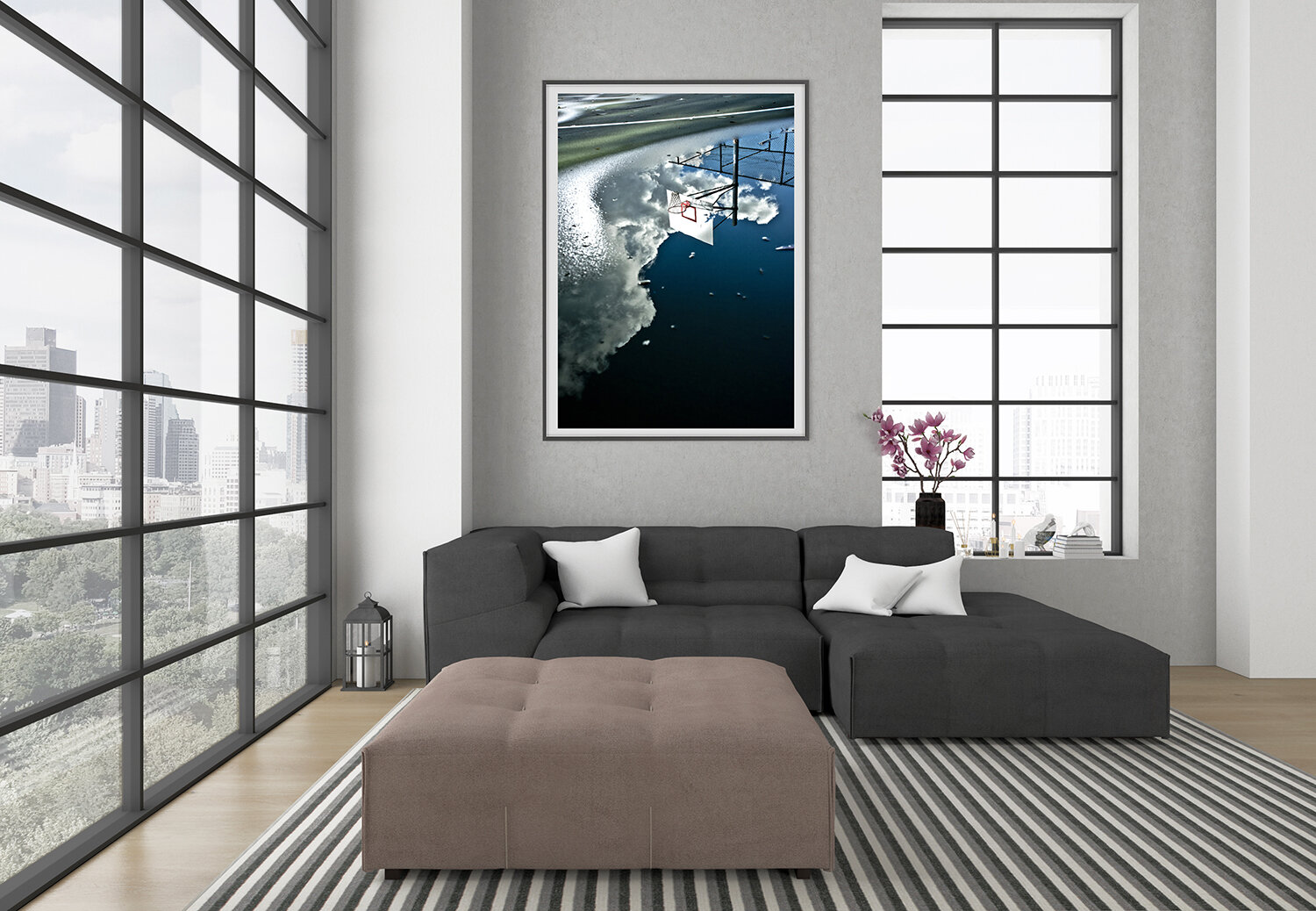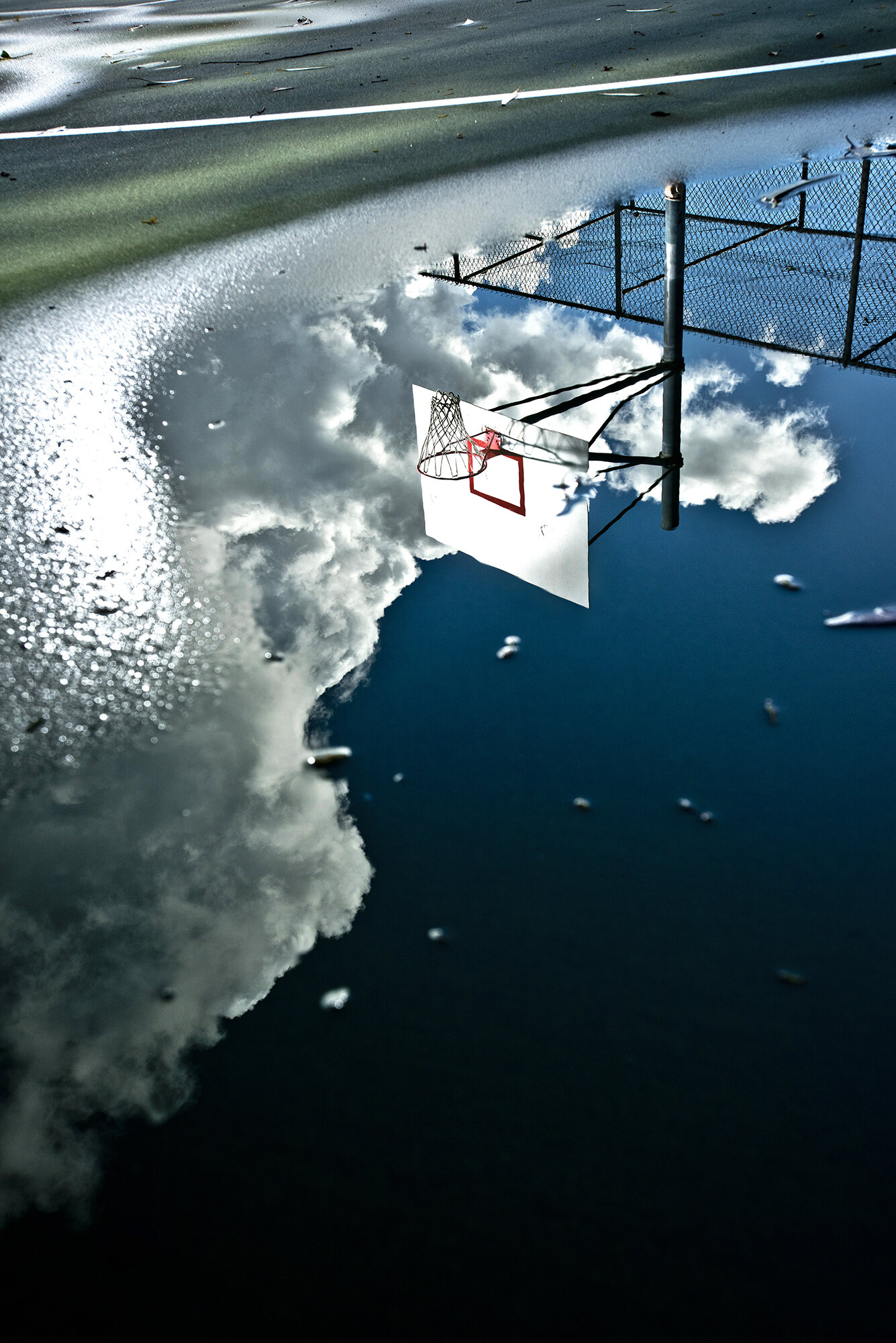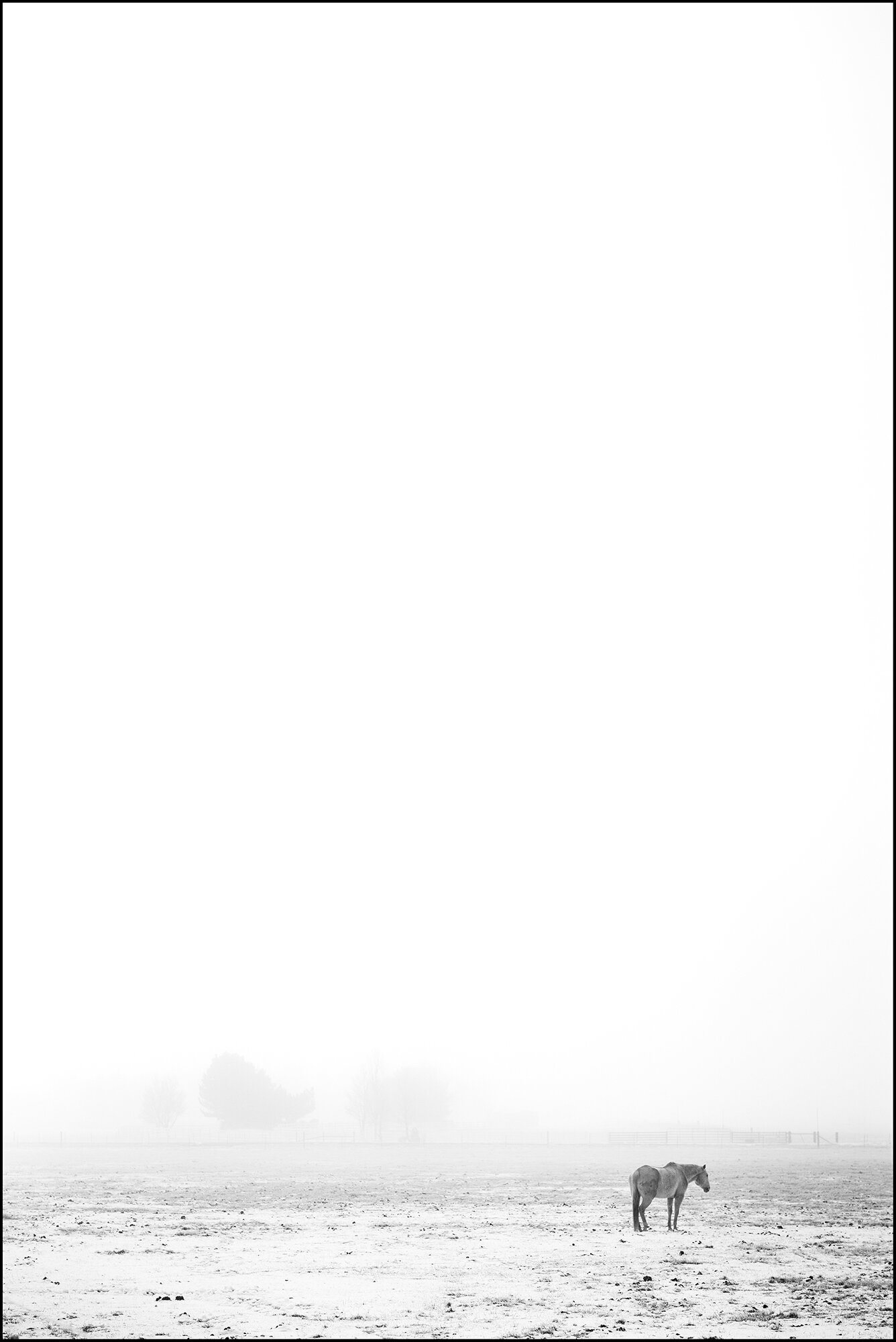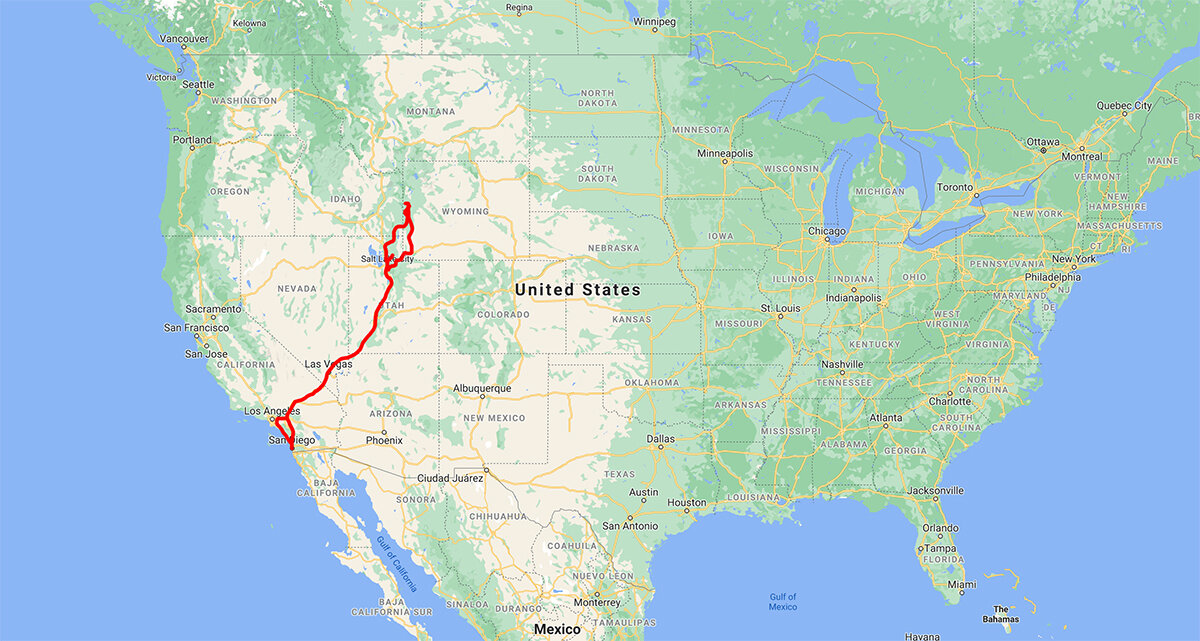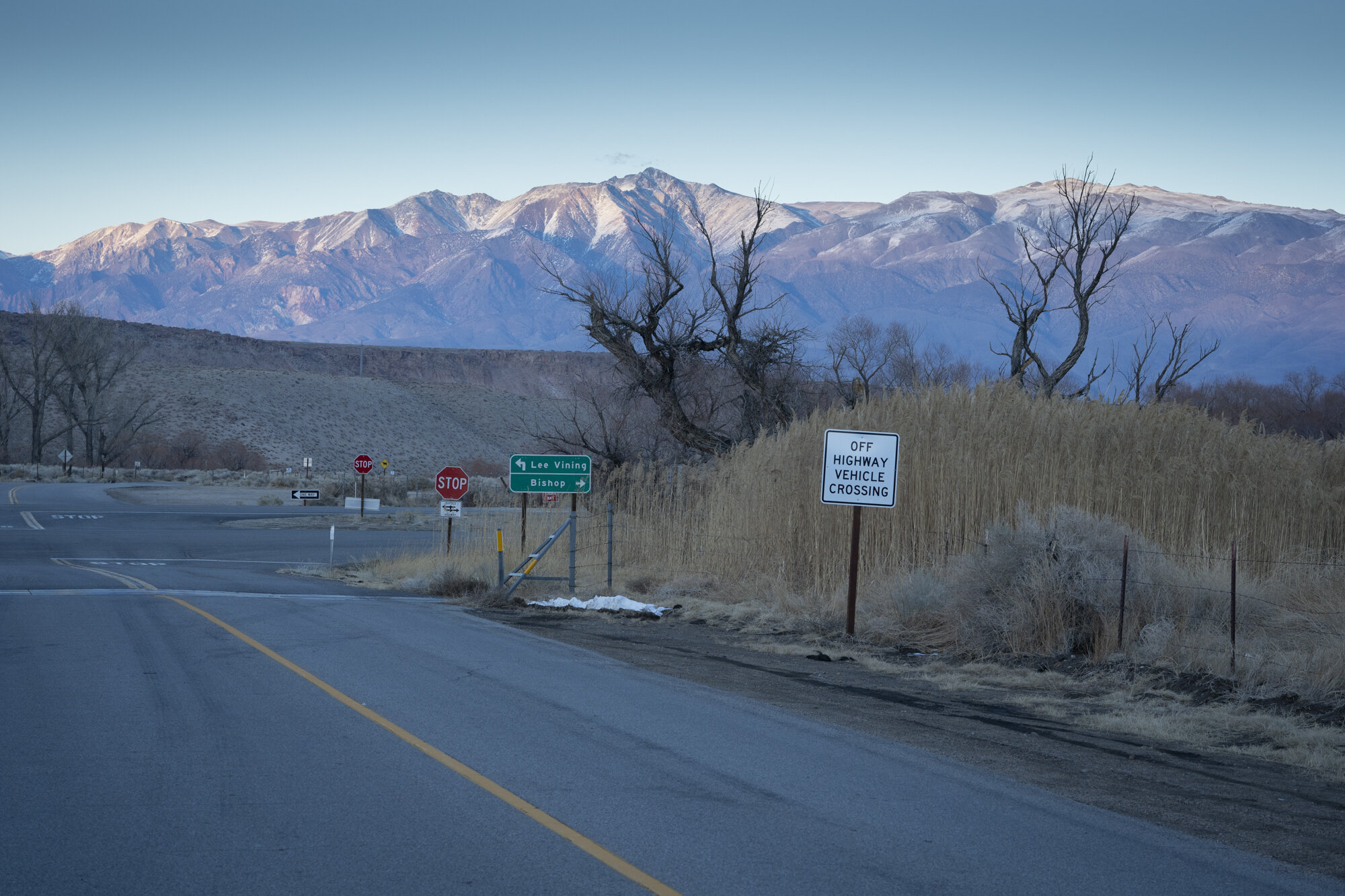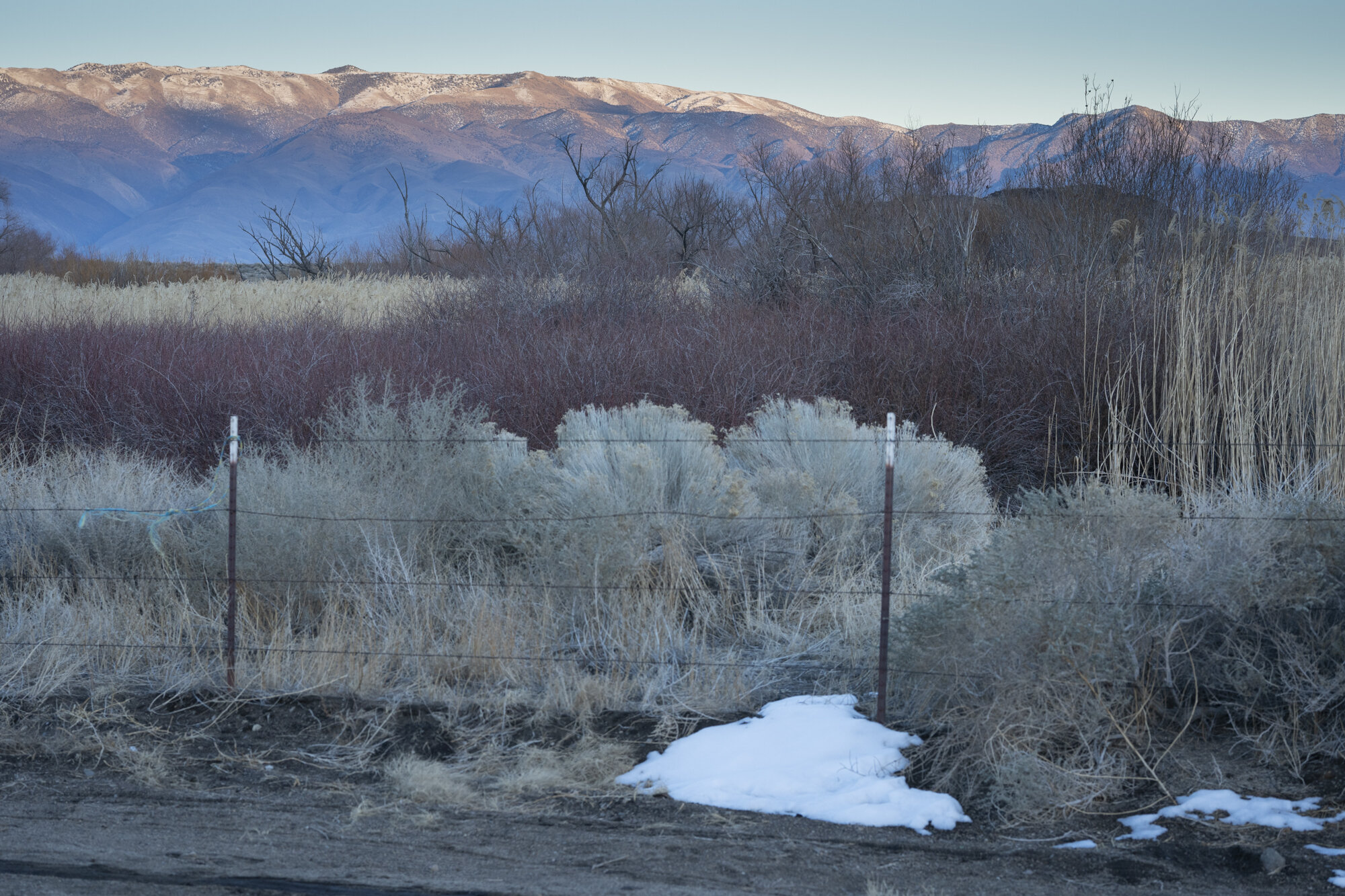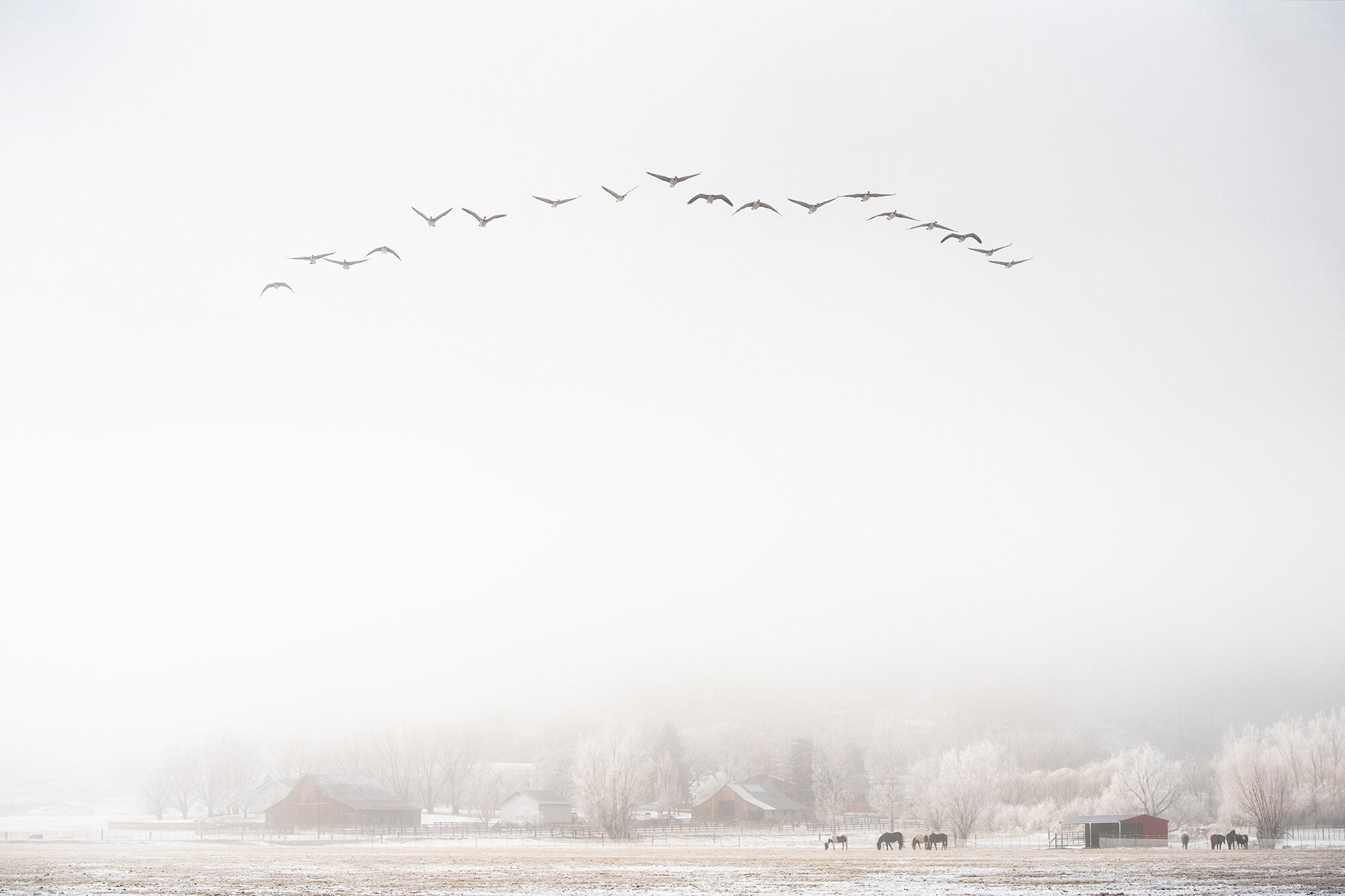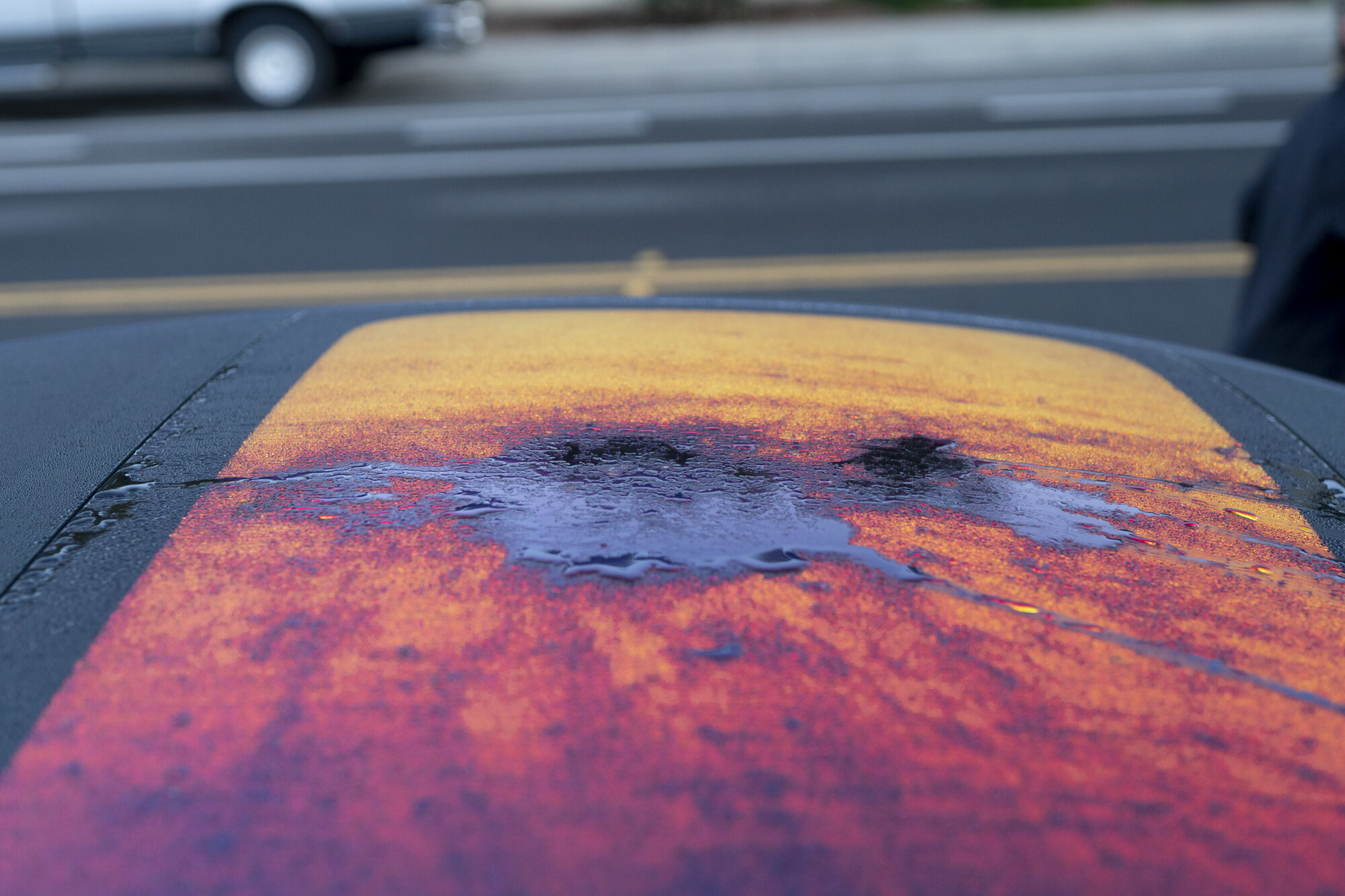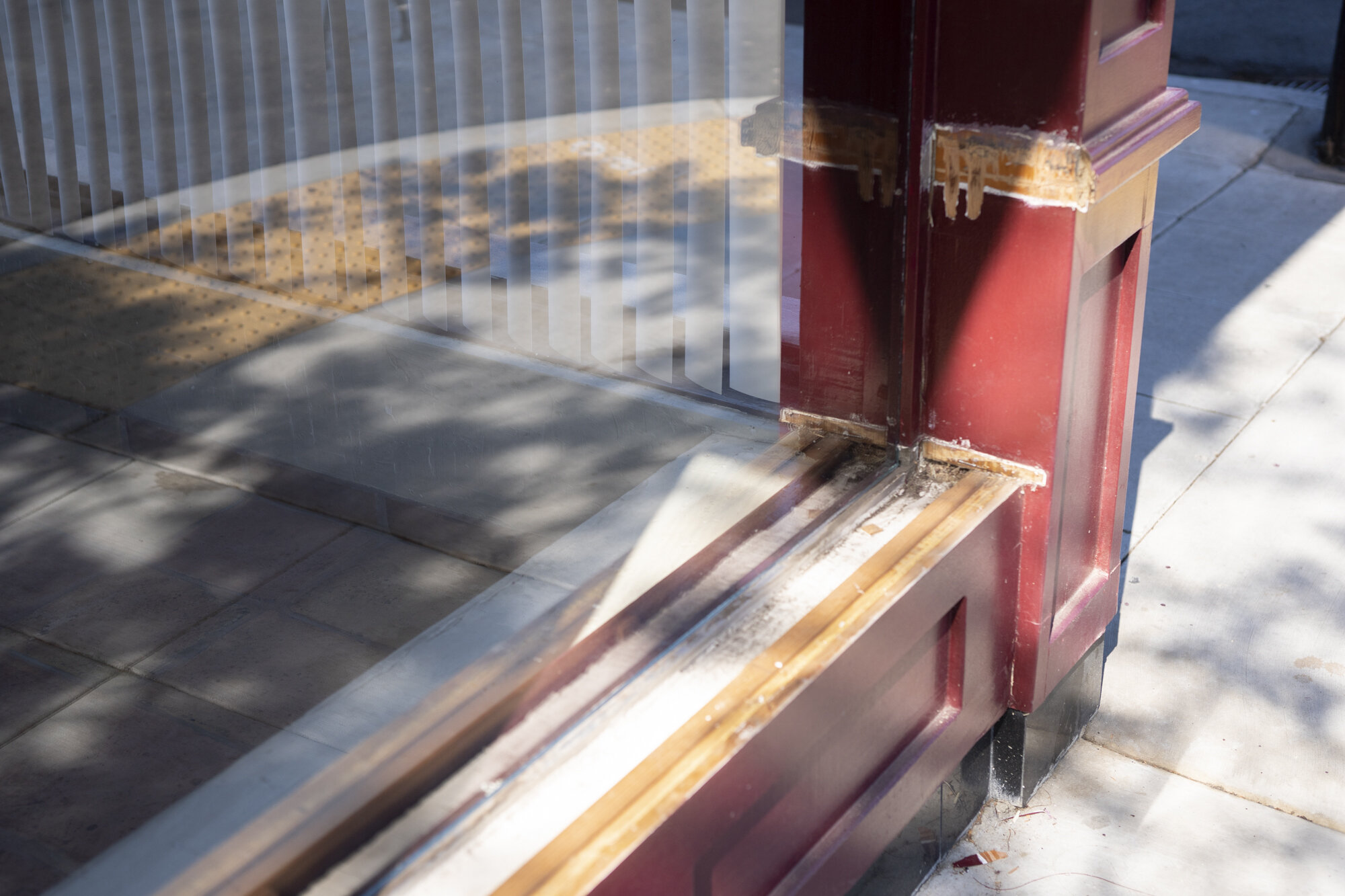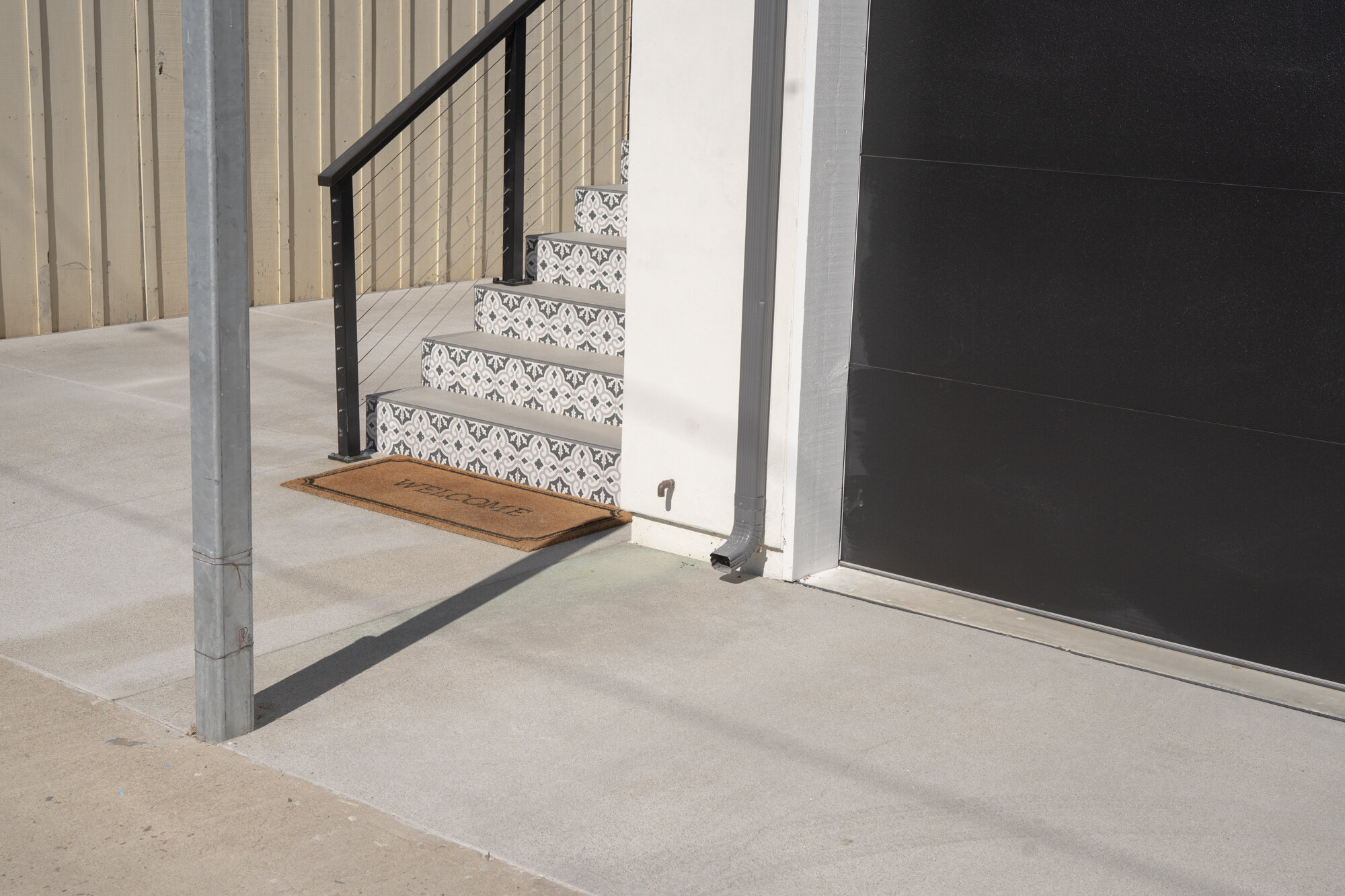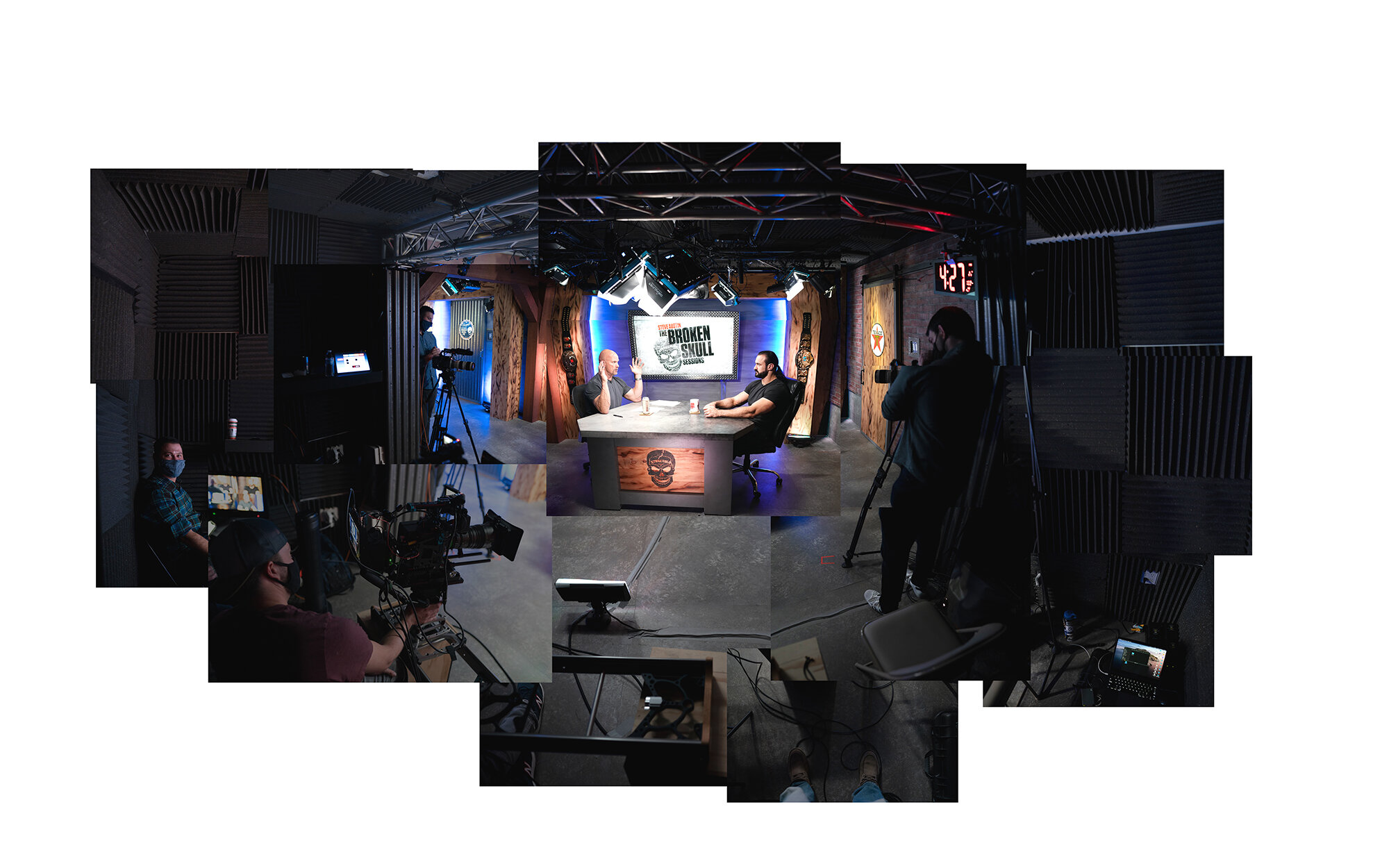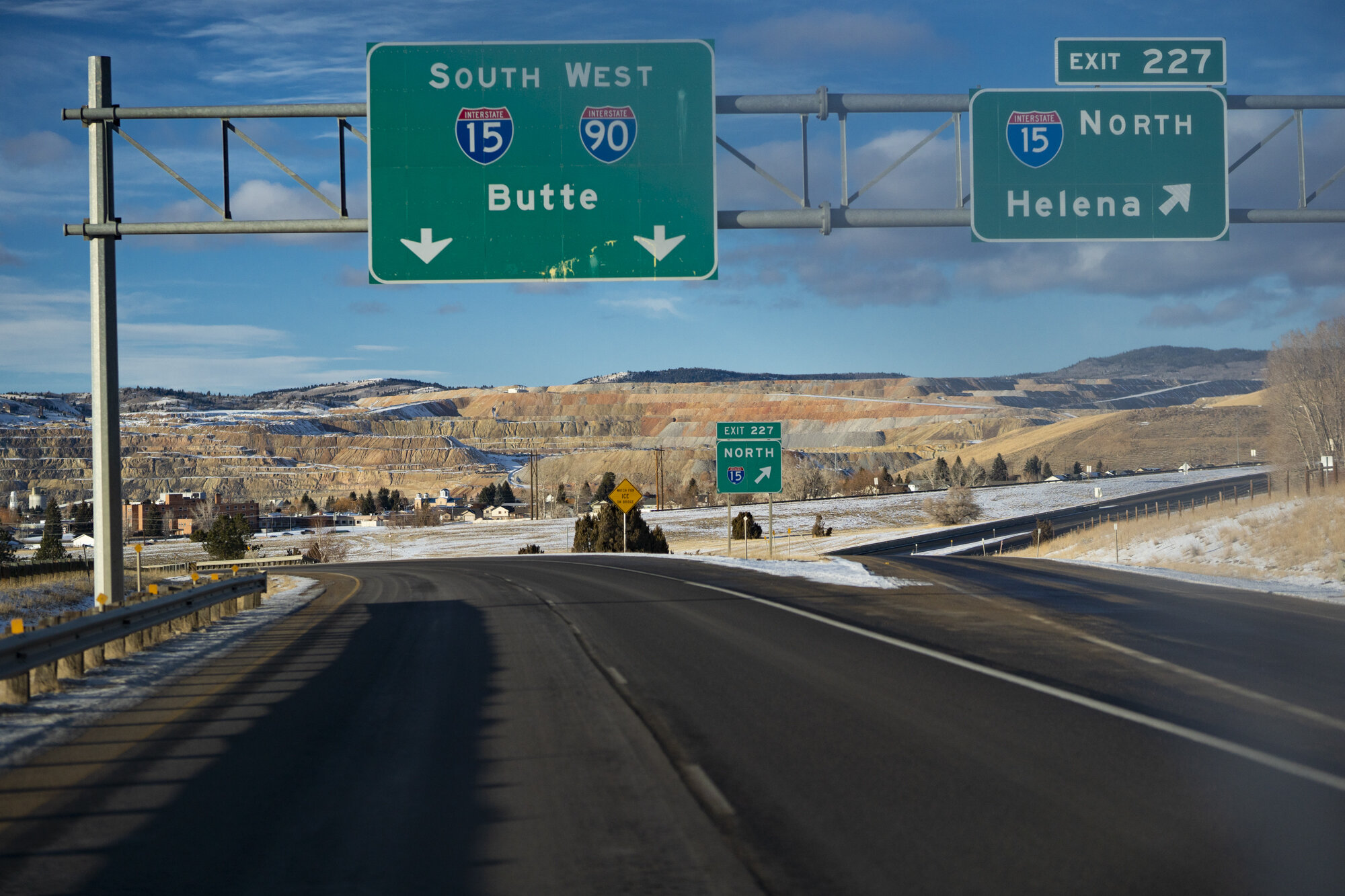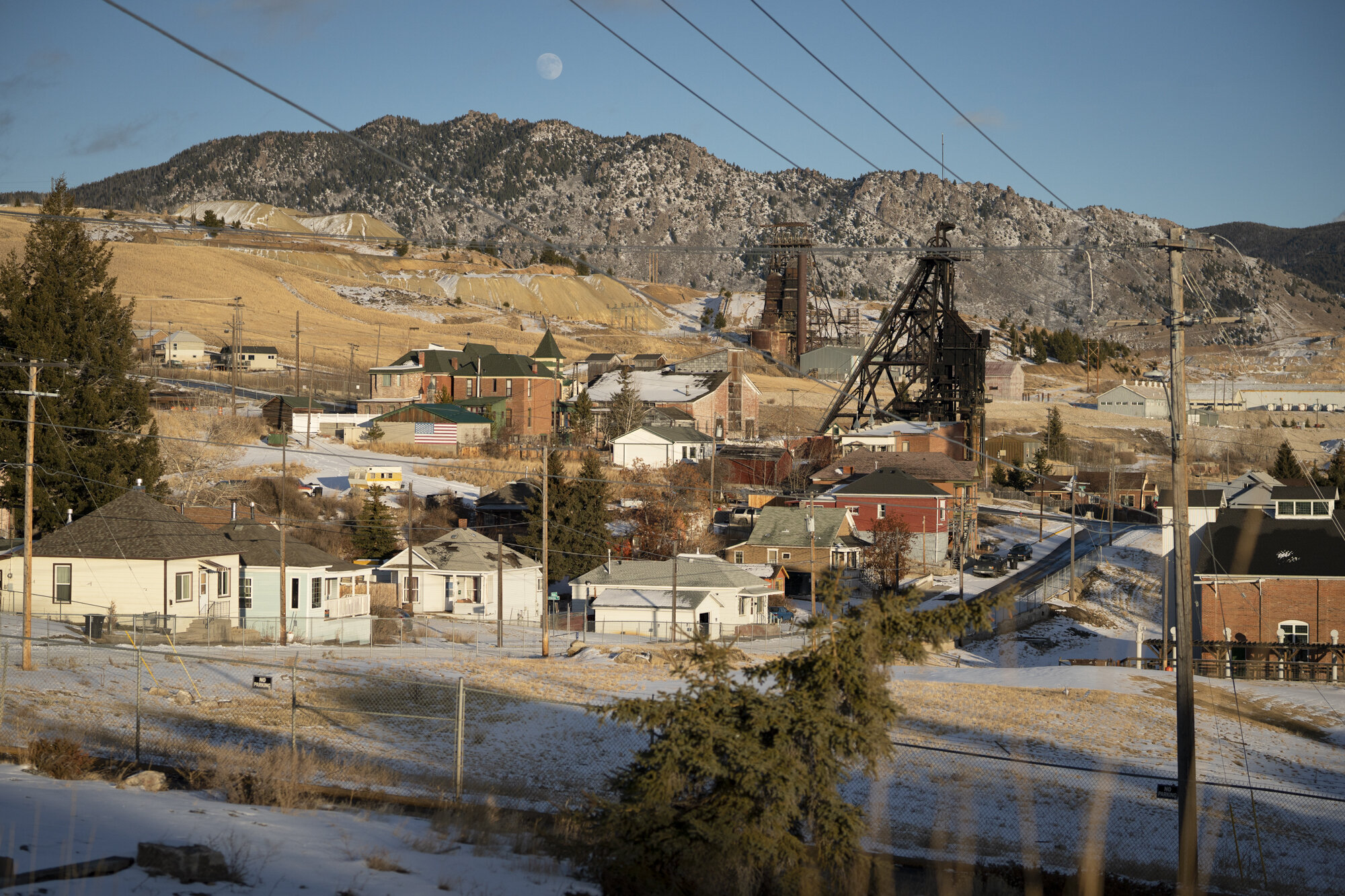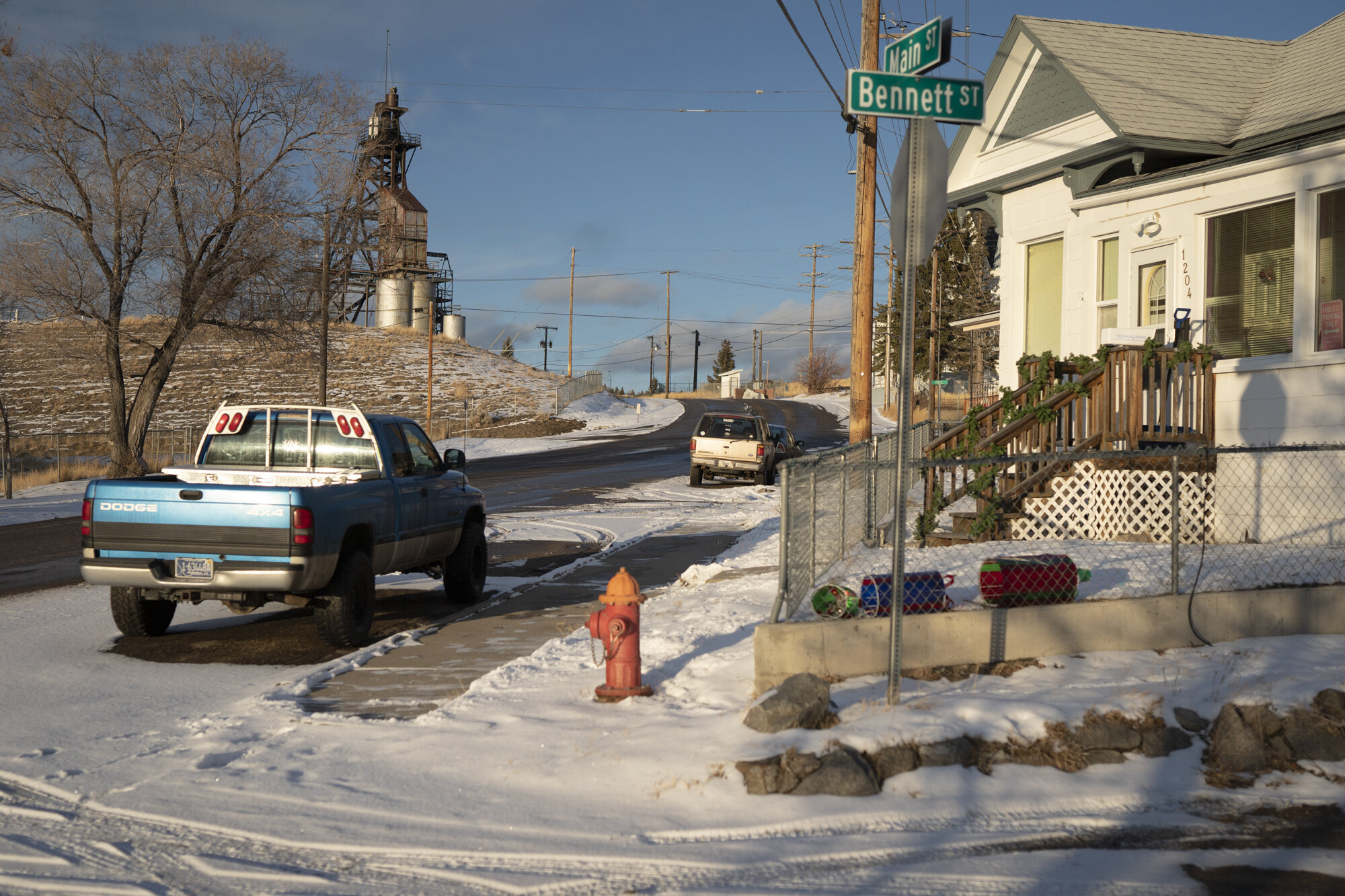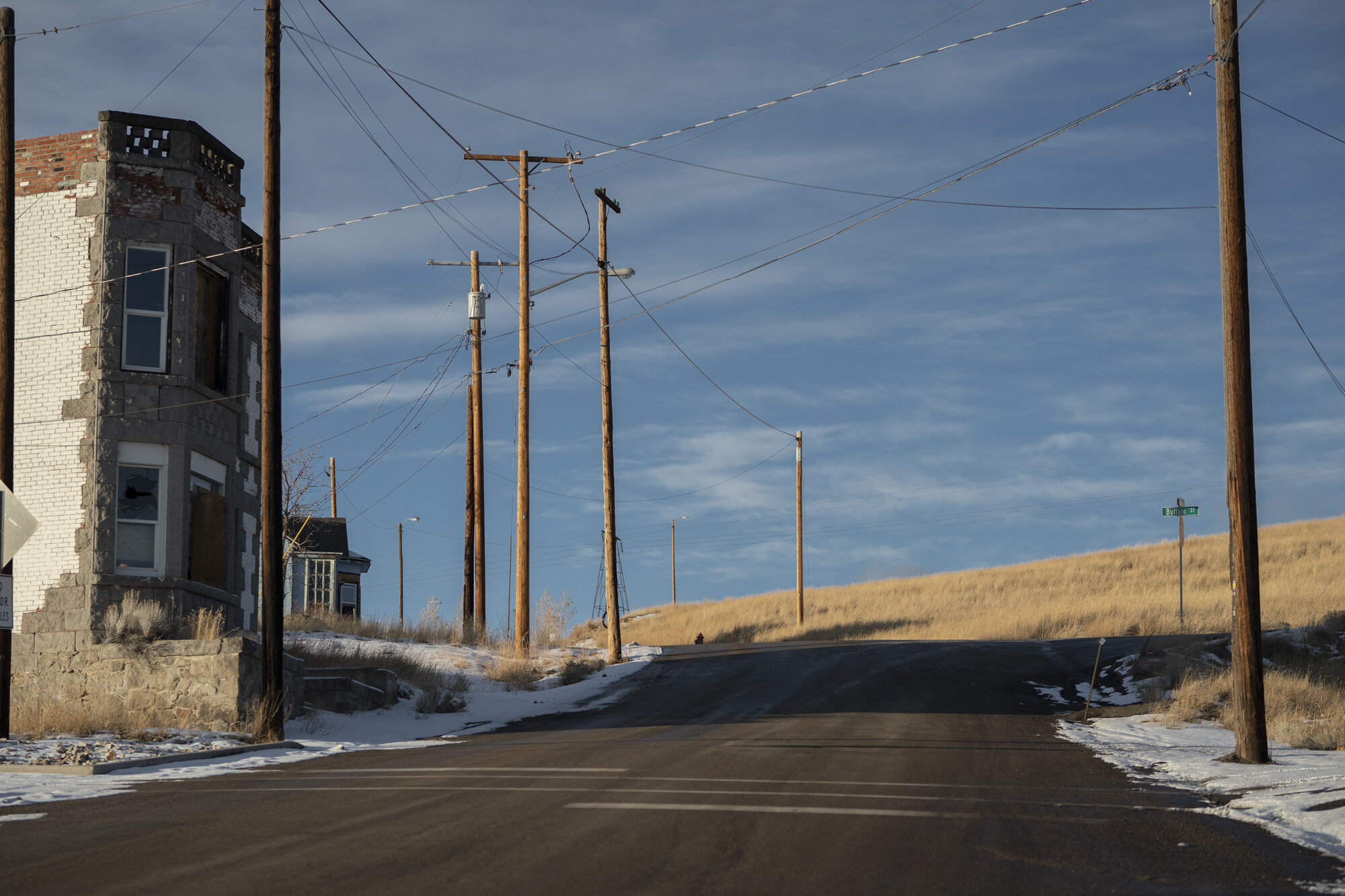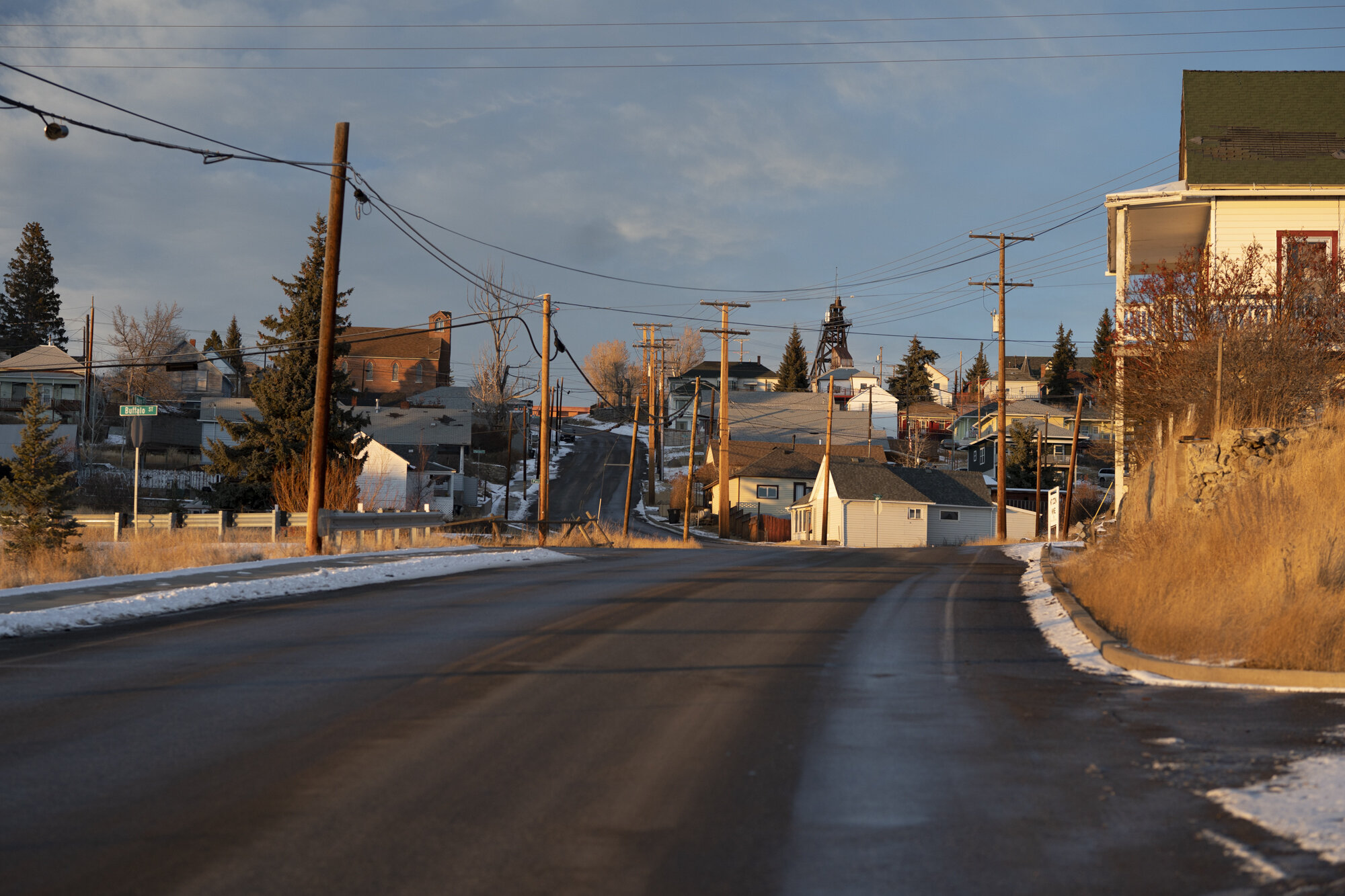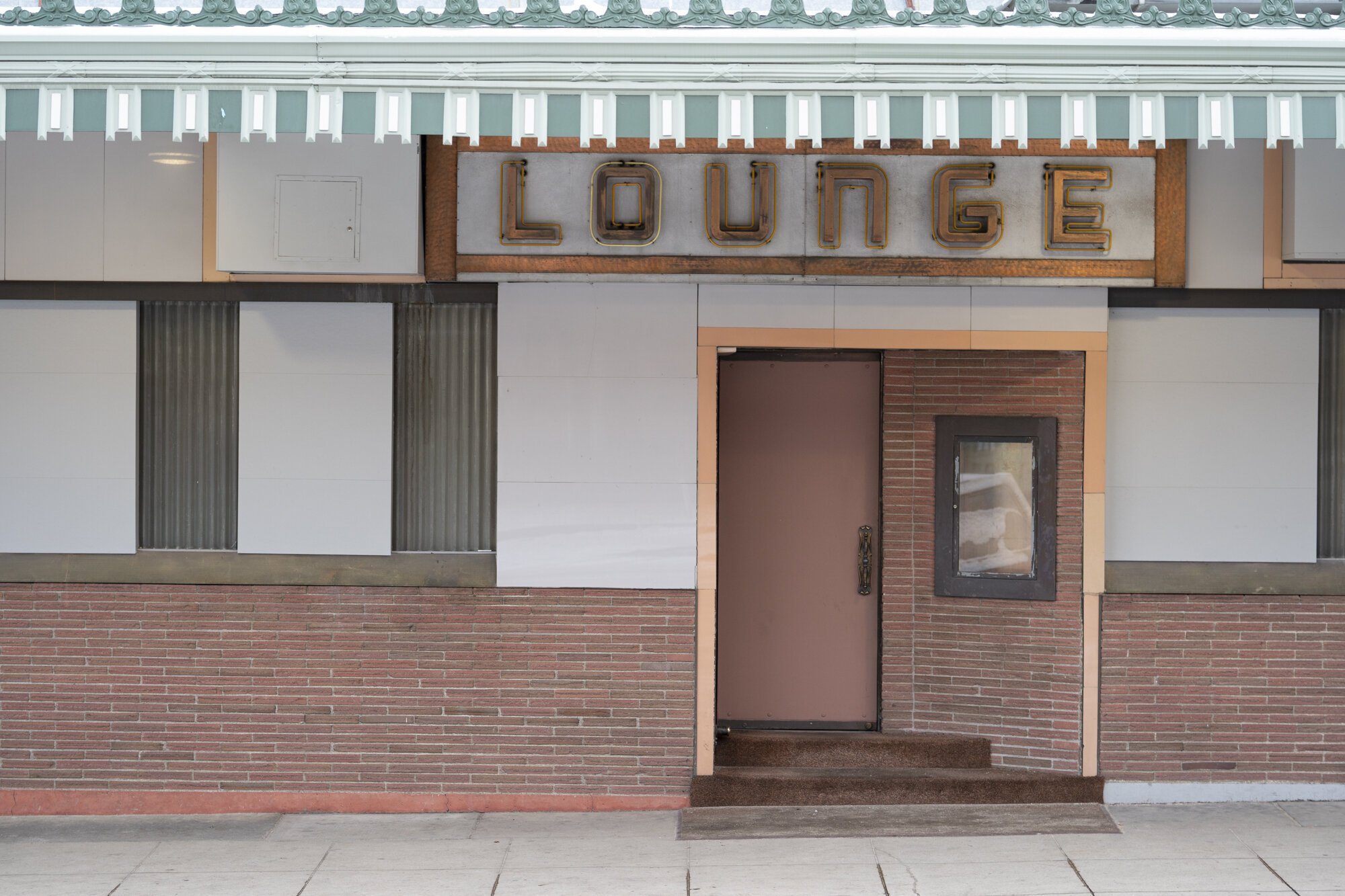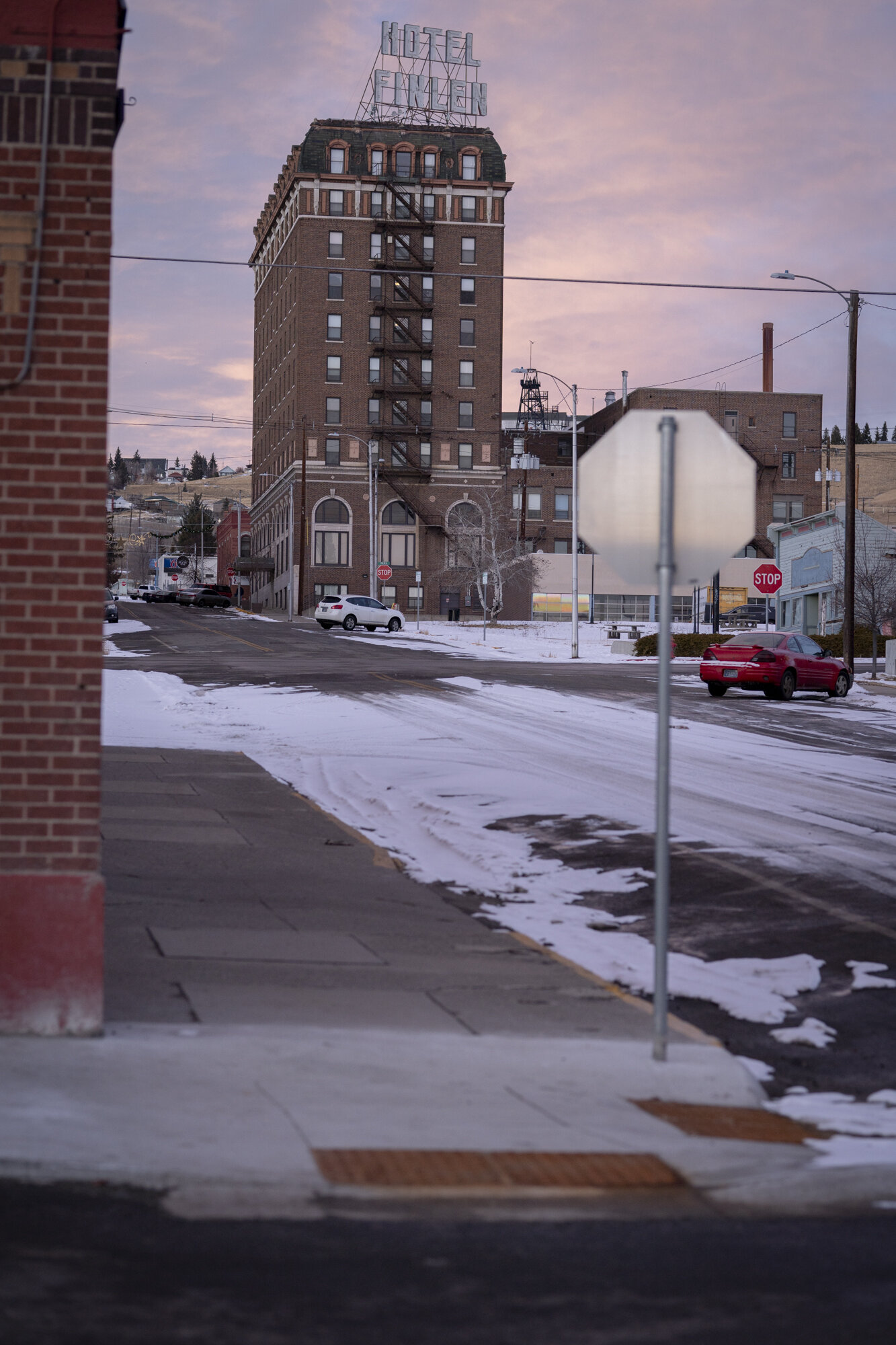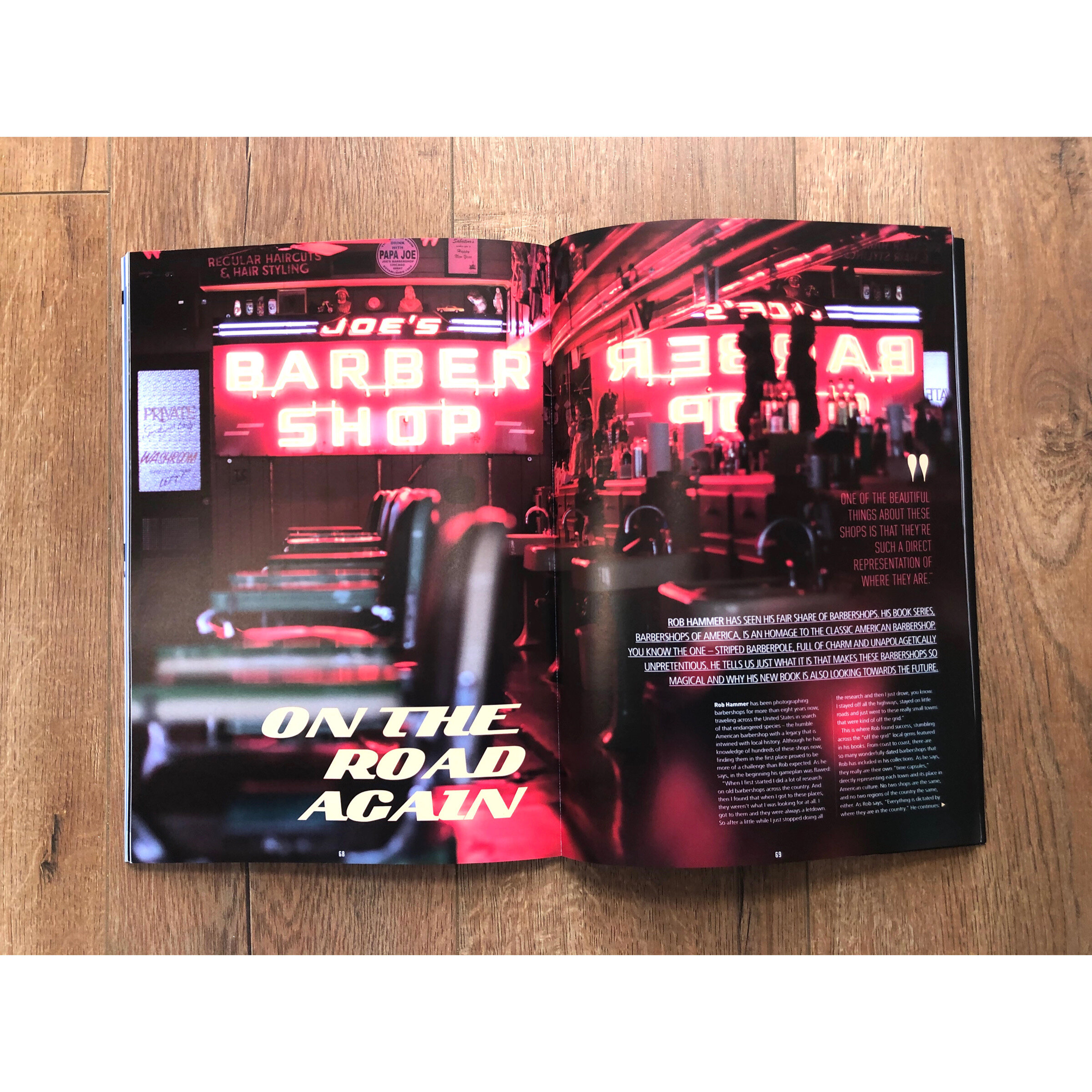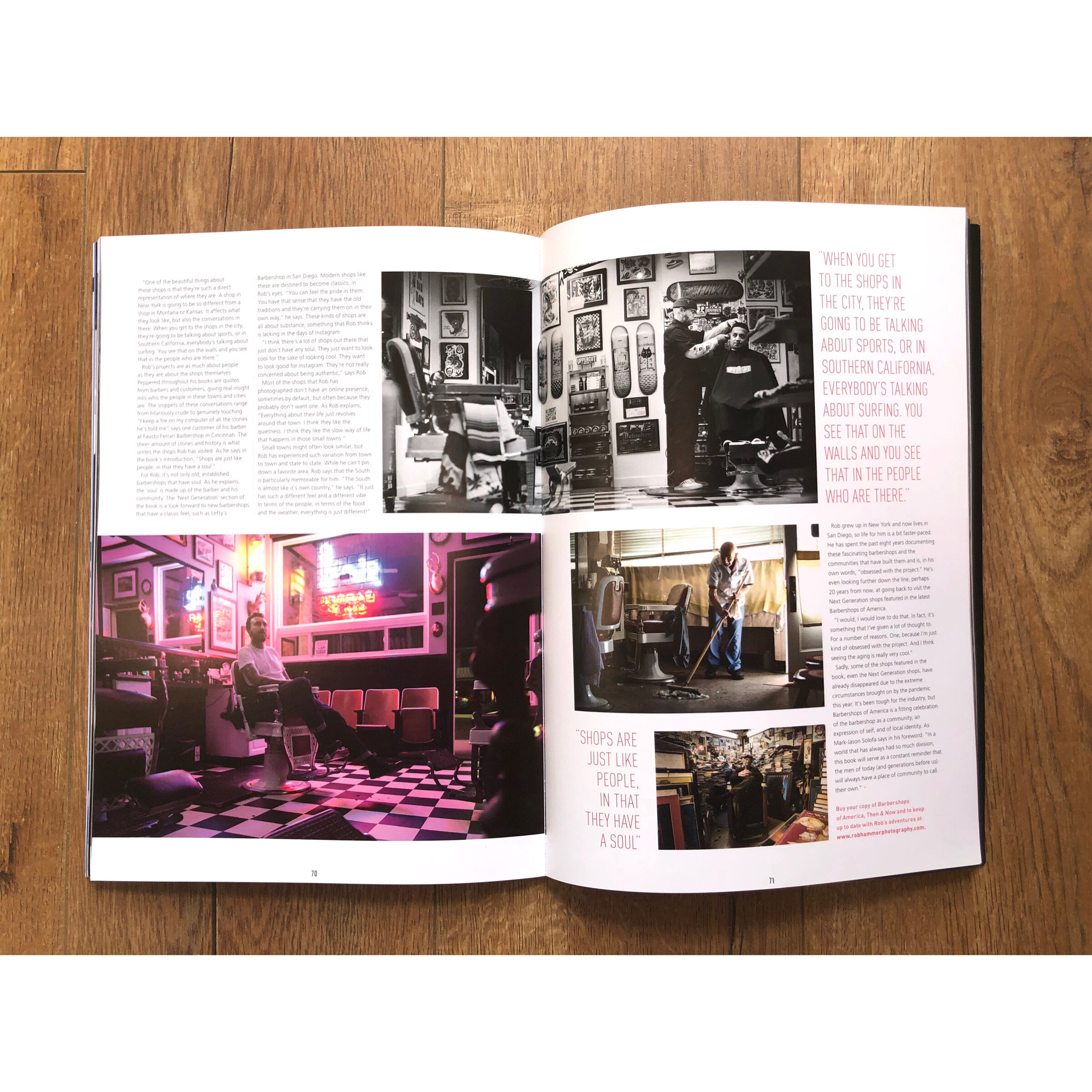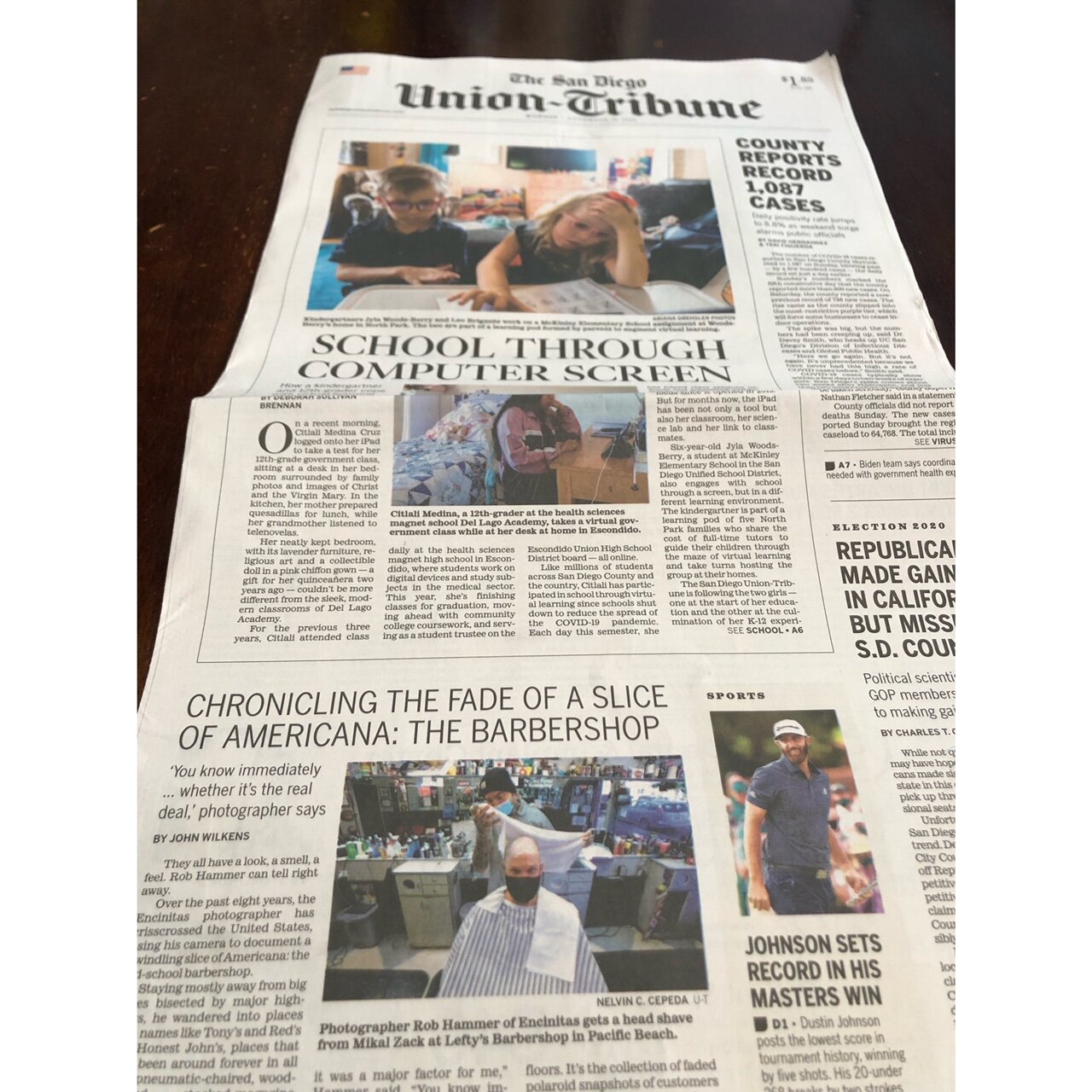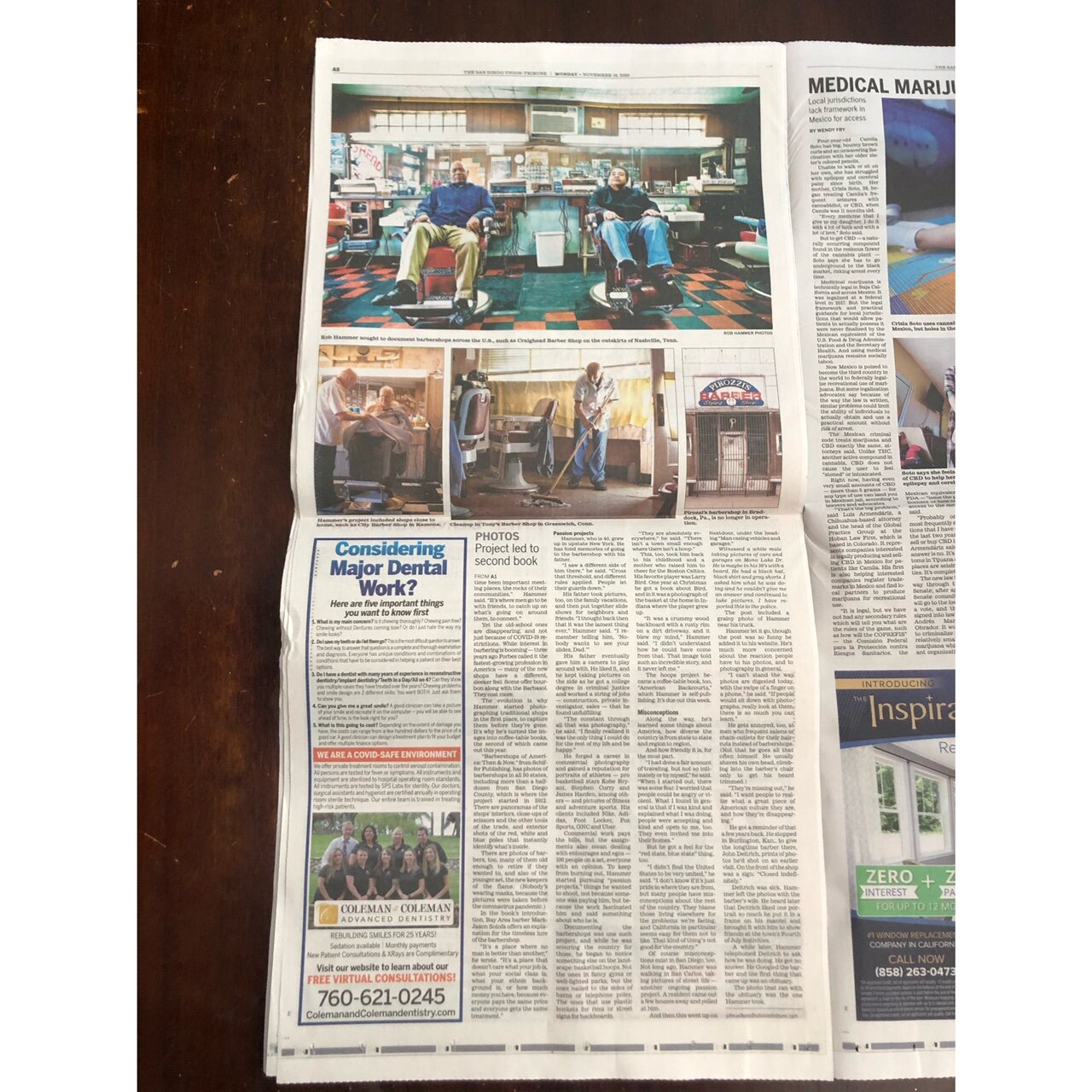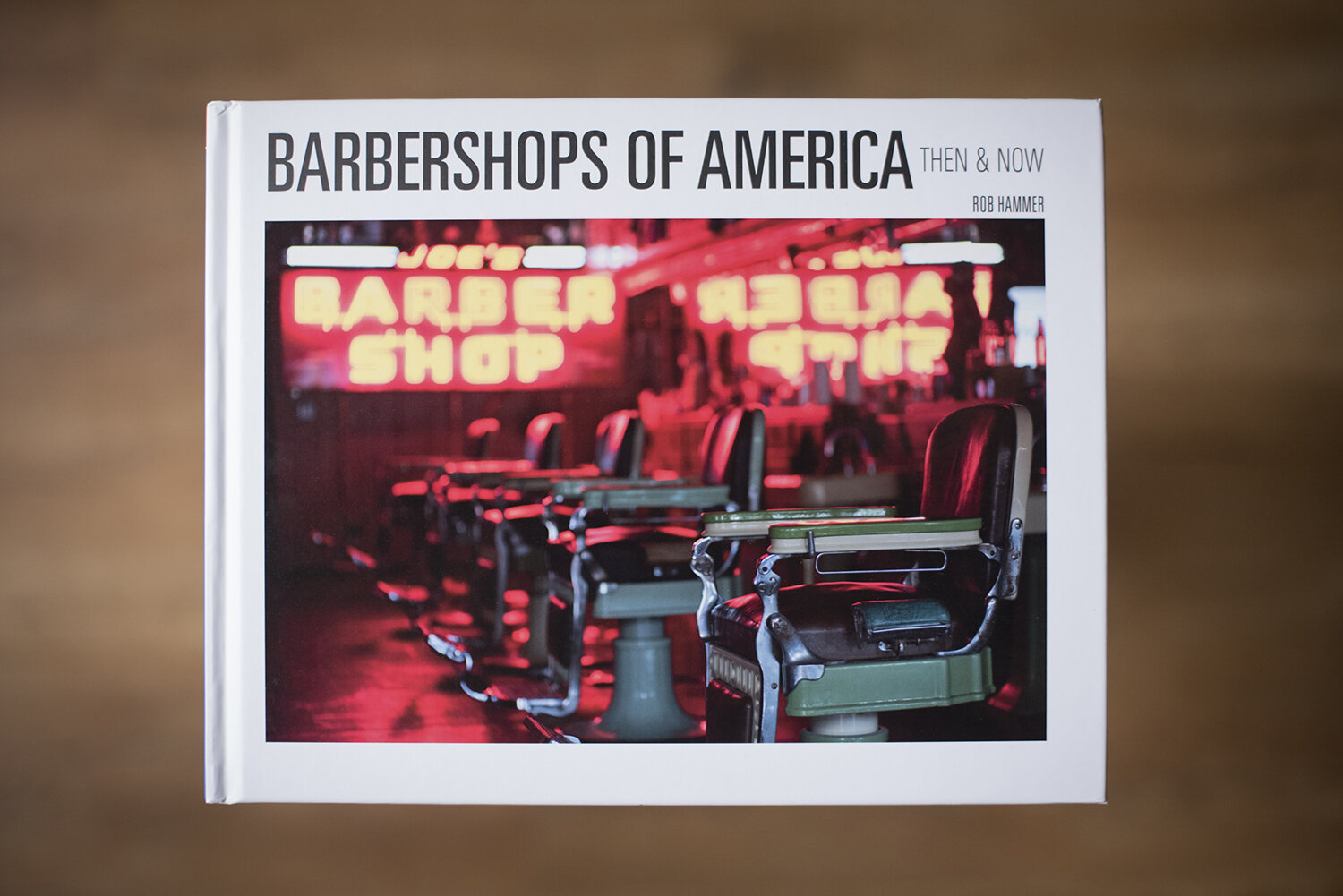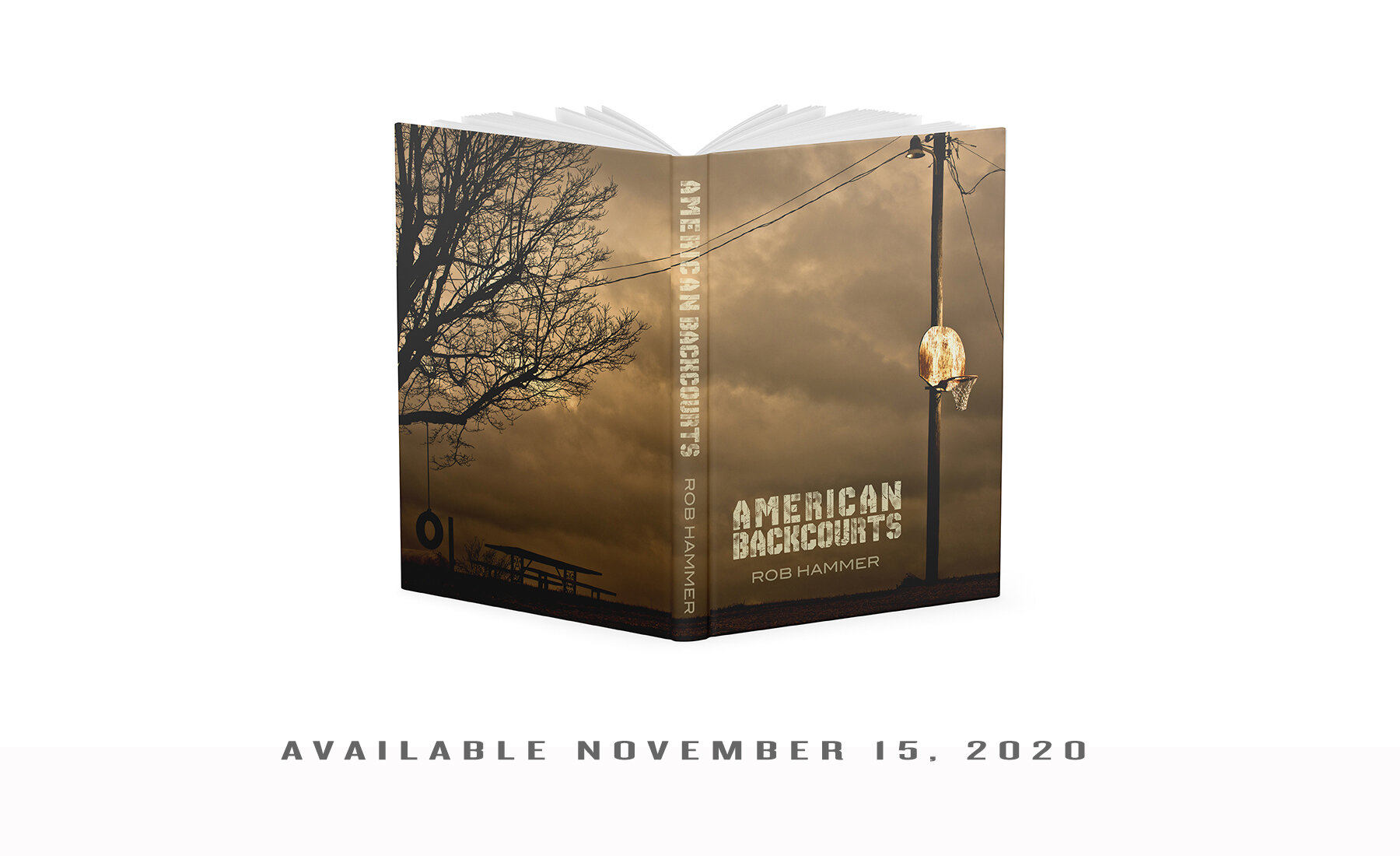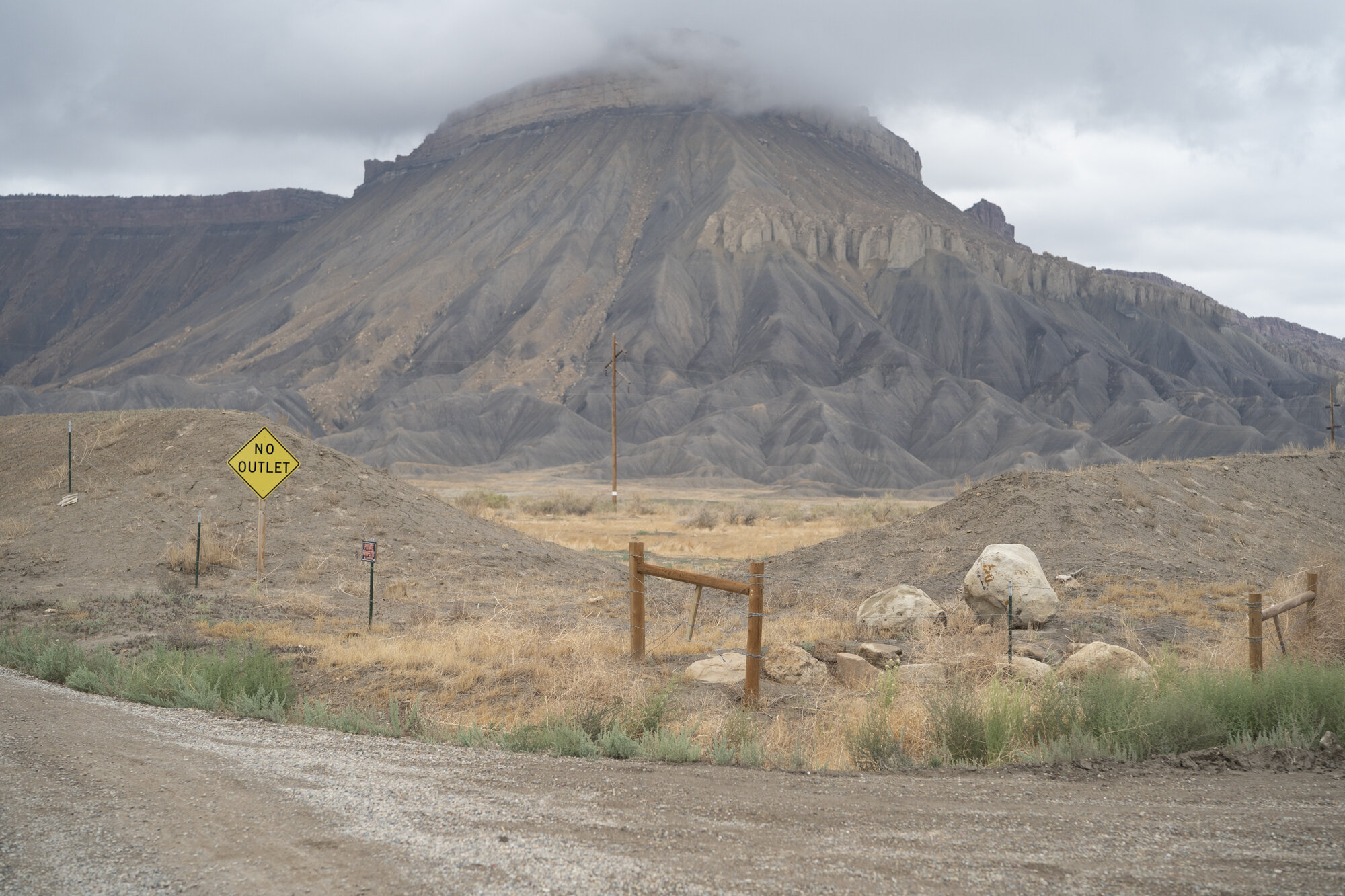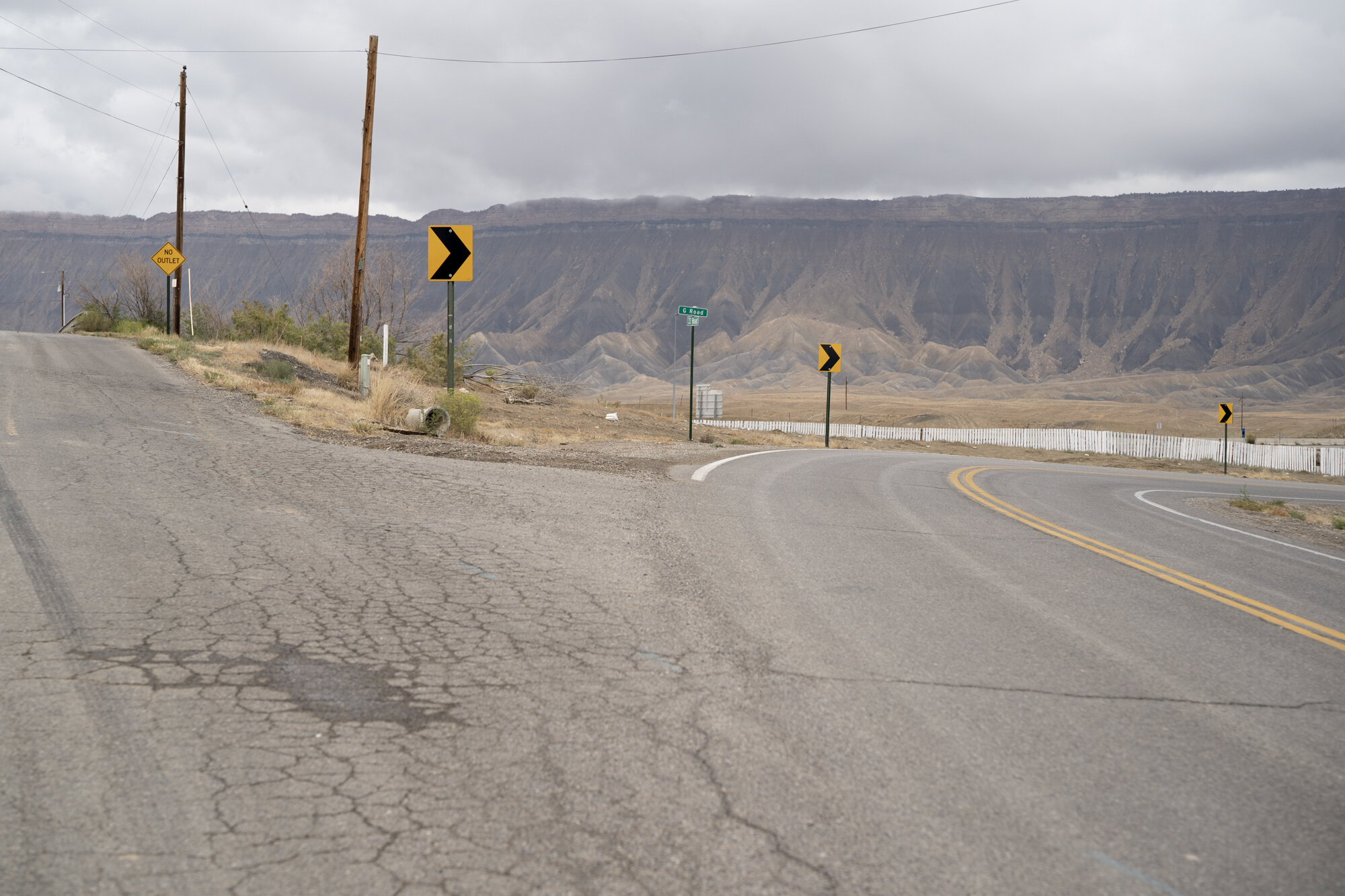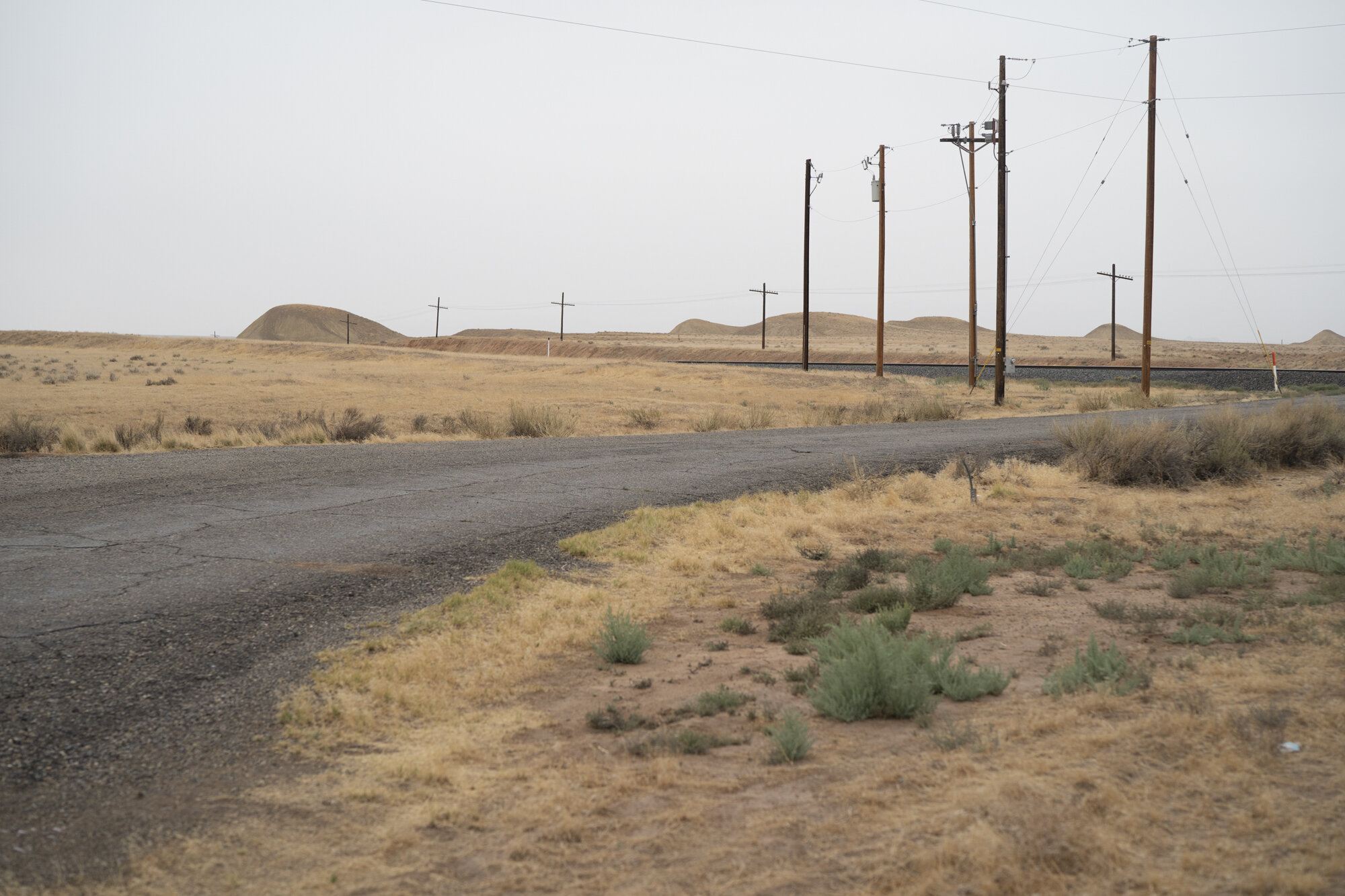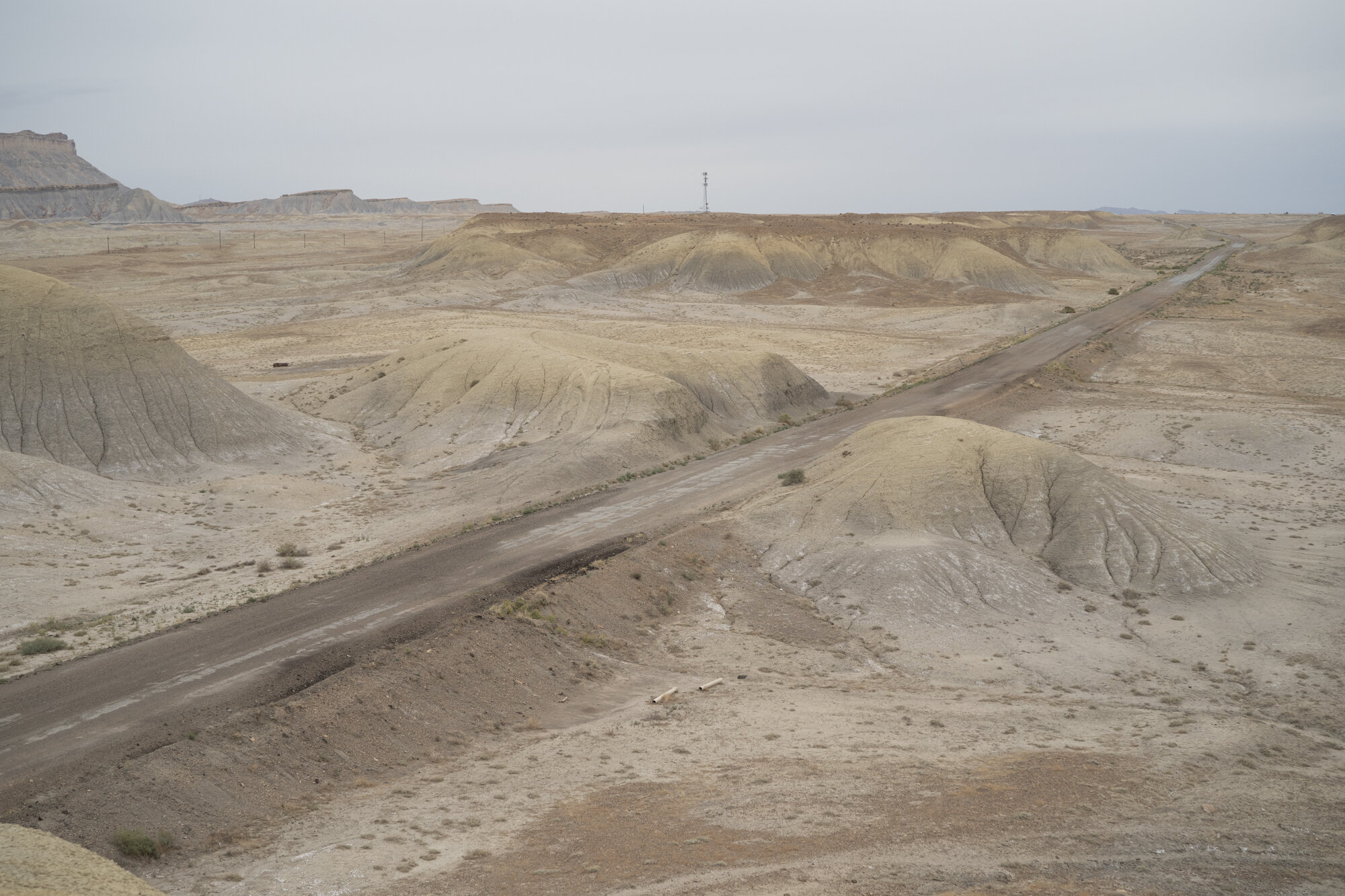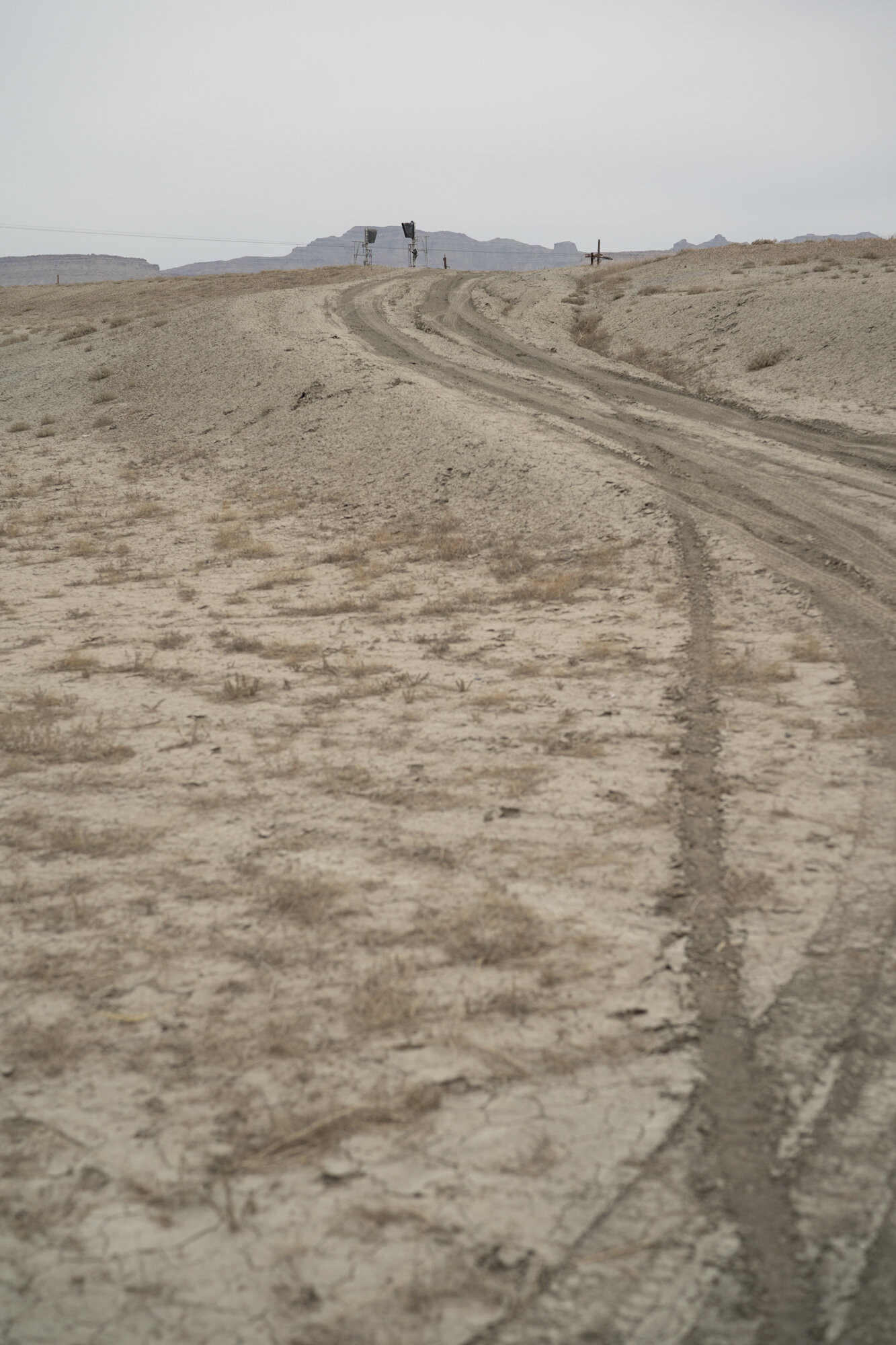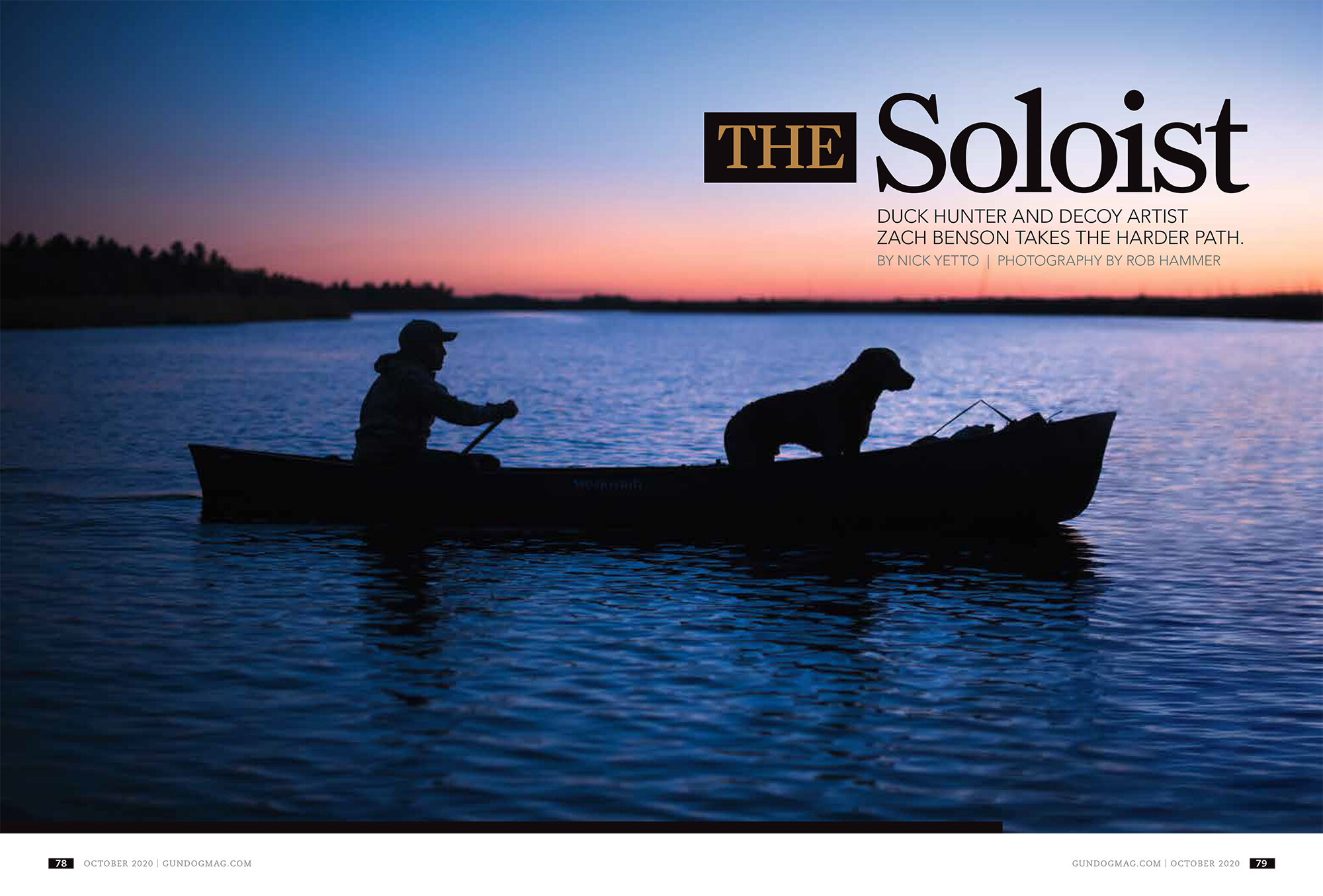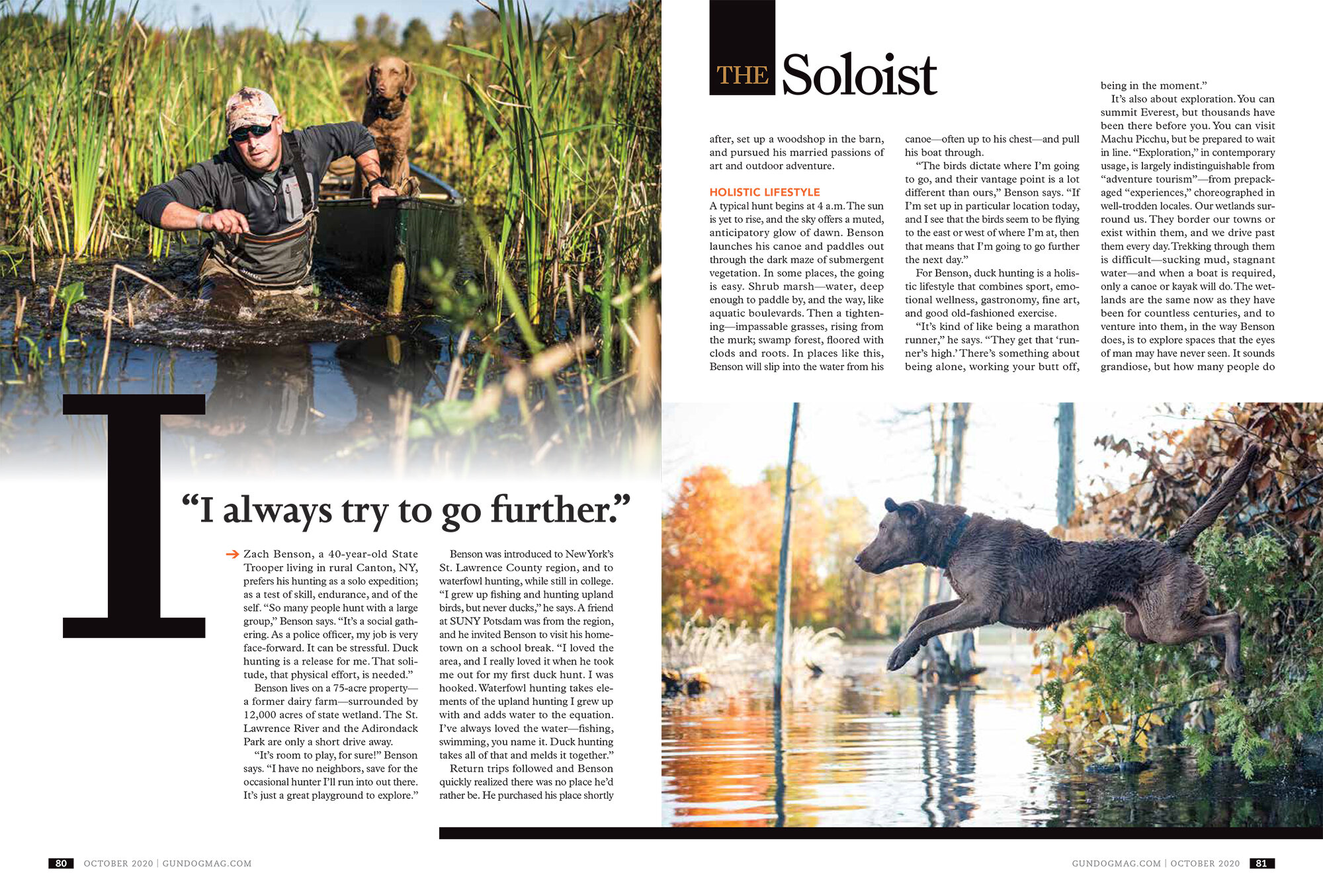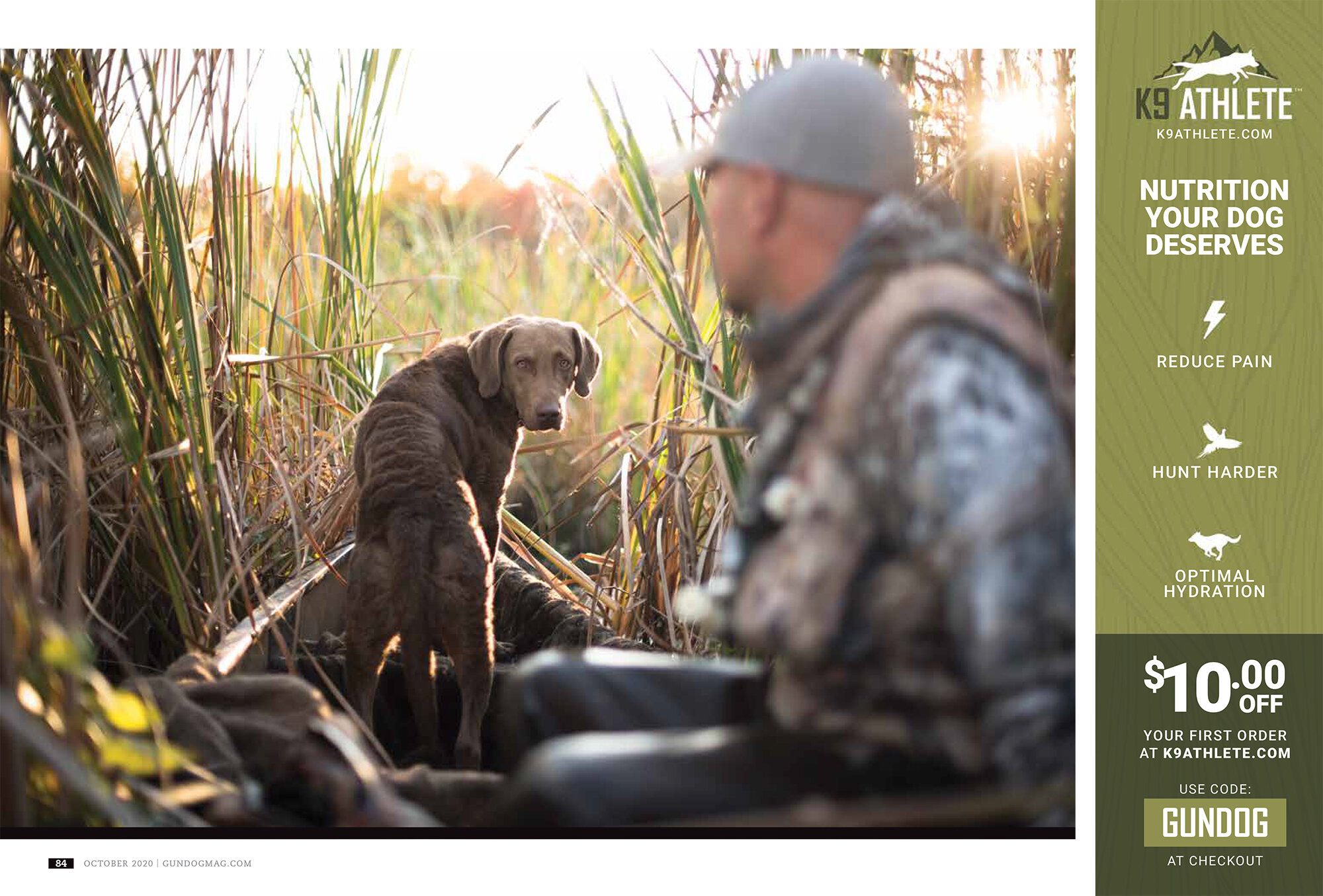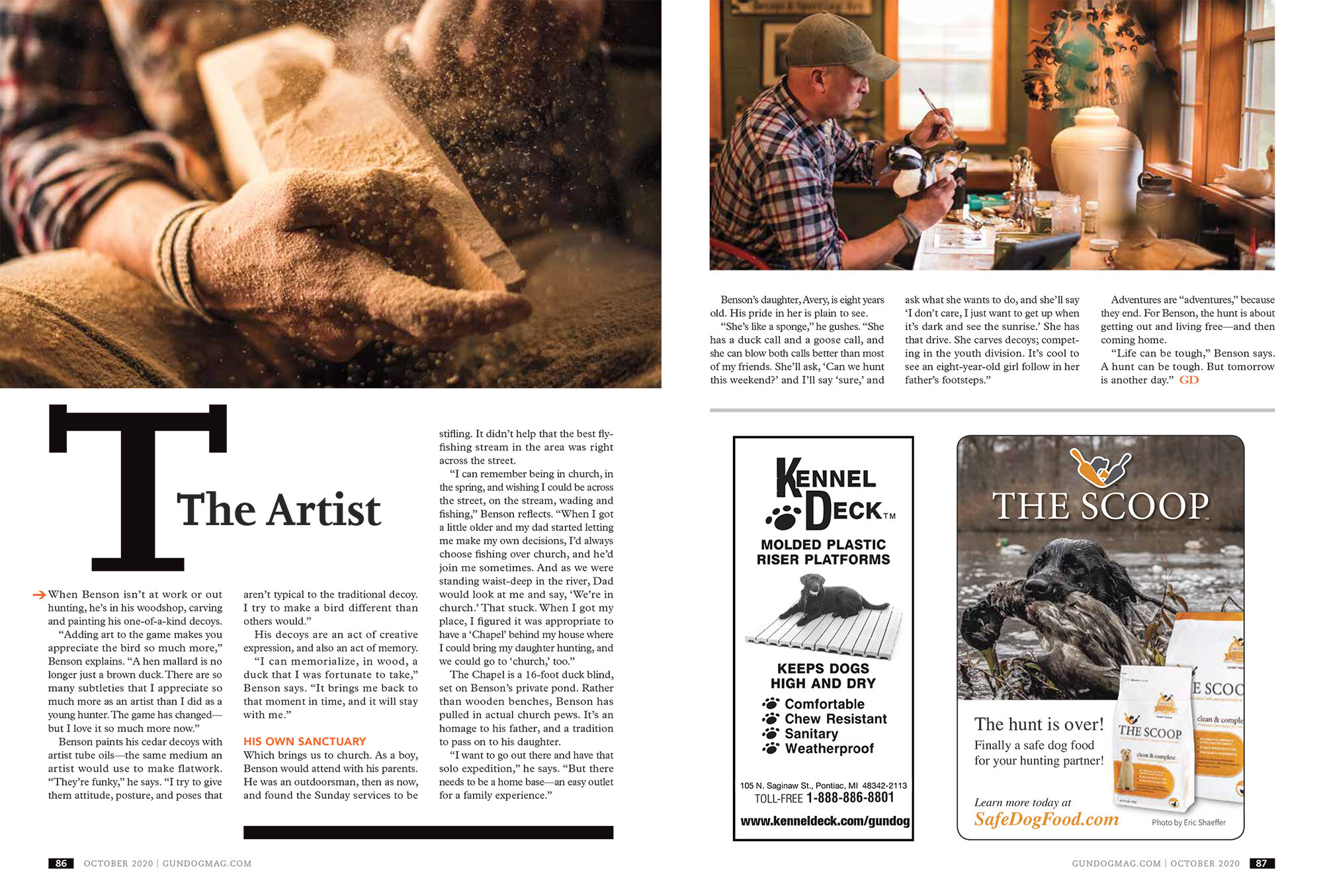Publishing Your First Photography Book
Why and How
Seems redundant to say that quarantine has been a trying time for everyone. My commercial business was shut down for 5 months straight. While stressful, it also became something I embraced because really, there’s nothing any of us could have done to change it. Commercial productions just weren’t possible, which isn’t an excuse to sit around and watch Netflix. For me it became a time to learn and soak up as much knowledge as possible, most notably on book publishing. I read a lot of books and blog posts, watched some videos, and attended a multiple online Zoom workshops. One thing that stood out from all of that was the question asking “why do you want to publish a book?” Everyone really seemed to emphasize that line. If you’ve followed what I do for any length of time, you know I’ve published a few books and have another one on the way. Then, why? After a lot of thinking I recognized how important that question and answer are for anyone wanting to publish a book of any kind. And I felt compelled to share exactly what my Why is as well as other thoughts crucial to the process. I’m a photographer, so my answers will be focused on that genre, but they apply to everyone. What I offer here are just my thoughts. In no way do I have book publishing or the photography world “figured out”. Nobody does or ever will. Like anything, it’s constantly changing, so all we can do is stay on top of it and help each other out along the way.
1) SO, WHY DO YOU WANT TO PUBLISH A BOOK?
I’ve spent countless hours inadvertently thinking about this one and the answer has become really clear - I believe in photography books. Every which way you can think of, I believe in them. There’s a very distinguishable line in my career that I credit all to photo books. It sounds dramatic, but I don’t mind saying that they changed my life. My collection has grown vigorously over the years, and if memory serves, the first one to alter my way of thinking and seeing is probably Uncommon Places by Stephen Shore. From there I went on to William Eggleston, who I’d say is one of my biggest influences. Then there was (in no particular order) William Albert Allard, Andy Anderson, Joel Sternfeld, Lee Friedlander, Joel Meyorwitz, Walker Evans, Robert Frank, Walter Iooss, Fred Herzog, Saul Leiter, Alex Webb, Dan Winters, and the list goes on, almost forever. Each of their books are, in themselves, a master class on photography. The point is that I didn’t understand what real photography was until spending countless quiet hours with myself and books by the masters. Just starting out, I was ignorant and hot headed, thinking my images were great and that I didn’t need anyone’s help. What an idiot. Studying photo books has taught me so much about what great photographs are and how to create a cohesive body of work. How to tell a story. What’s involved in pagination. How design factors in. There are so many elements that I can’t begin to think of them all, but it wasn’t until I studied the greats that my own photography actually improved at all. Even beyond education, photography books just give me an enormous amount of joy. I love looking through them. They have an almost meditative quality that allows you to get lost inside the front and back cover. Every time I close a photo book I feel better than before it was opened.
2) IS IT ABOUT EGO?
Without question, I’d have to say that in the beginning it is most definitely about ego. As a younger photographer there seemed to be something hanging over my head saying that you’re not a real photographer unless you publish a book. Sorta like an athlete that never wins a ring?! Looking back, I see what bullshit that was. Nobody but you cares if you’ve published a book or not. So I’d say the first book was at least partially made because of ego. “Here’s the book I published. I’m a real photographer, right!?” After your first book launches you feel validated and your ego is stroked for a few days, but that quickly fades when you realize what a small percentage of the world gives a shit and how much work is needed to actually sell it. Ego aside, I was still really passionate about my barbershop project that became my first book, but the best thing I’ve done is to work on squashing the ego. Ego gets you nowhere.



